Introduction to Untimed Chess
Untimed chess, also known as casual chess, is a variant of the game where no clocks are used to limit the duration a player can consider their moves. This form of chess stands in contrast to timed chess, where each player must make a certain number of moves within a designated time period. Untimed chess removes the element of time pressure, offering a unique set of benefits and requiring different strategies.
Benefits of Playing Untimed Chess
1. In-Depth Learning and Understanding
One of the primary benefits of untimed chess is the opportunity it provides players, especially beginners, to deeply understand the mechanics of the game. Without the pressure of a ticking clock, players can take their time to contemplate the consequences of each move, explore various strategies, and learn from their mistakes in a stress-free environment.
2. Improvement of Analytical Skills
Untimed chess encourages thorough analysis and strategic thinking. Players tend to explore more complex tactics and combinations when they are not rushed, leading to improved problem-solving skills and innovative thinking abilities. This can be especially beneficial for young players and those who are new to the game of chess.
3. Enhanced Enjoyment and Reduced Stress
For many, the lack of time constraints results in a more enjoyable and relaxing game. Players can engage in friendly, conversational play without the anxiety and tension often associated with timed games. This relaxed atmosphere can make the learning process more enjoyable and effective.
Strategies for Untimed Chess
1. Exploiting the Full Potential of Each Piece
Without the pressure of the clock, players have the opportunity to thoroughly consider how to maximize the potential of each piece on the board. This involves not only looking at immediate threats or opportunities but also planning several moves ahead to create powerful positions.
2. Experimenting with Different Openings
Untimed chess is an excellent platform for experimenting with various opening strategies. Players can try out openings that they are less familiar with, allowing them to broaden their repertoire and understanding of different positional ideas. This experimentation can be highly beneficial when later transitioning to timed games.
3. Focus on Positional Play
Without the ticking clock, there is more opportunity to focus on positional play rather than seeking quick tactical wins. Players can work on building strong, cohesive structures, controlling key squares, and slowly improving their position to create strategic advantages.
4. Mastering Endgames
Endgames are crucial in chess, and untimed chess sessions are an ideal setting to hone these skills. Players can practice complex endgame scenarios, learning how to maneuver even in limited material conditions and understanding the foundational principles of endgame play such as king activity, pawn structure, and piece coordination.
Conclusion
While untimed chess may lack the thrill of beating the clock, it offers numerous advantages in terms of educational value and skill enhancement. Whether used as a training tool to improve understanding and analytical abilities or merely as a way to enjoy the game without stress, untimed chess holds a valuable place in the chess community. It encourages an explorative and thoughtful approach to the game, making it an essential practice for both novices and seasoned players seeking to deepen their understanding of chess.
Explore our large collection of luxurious chess sets!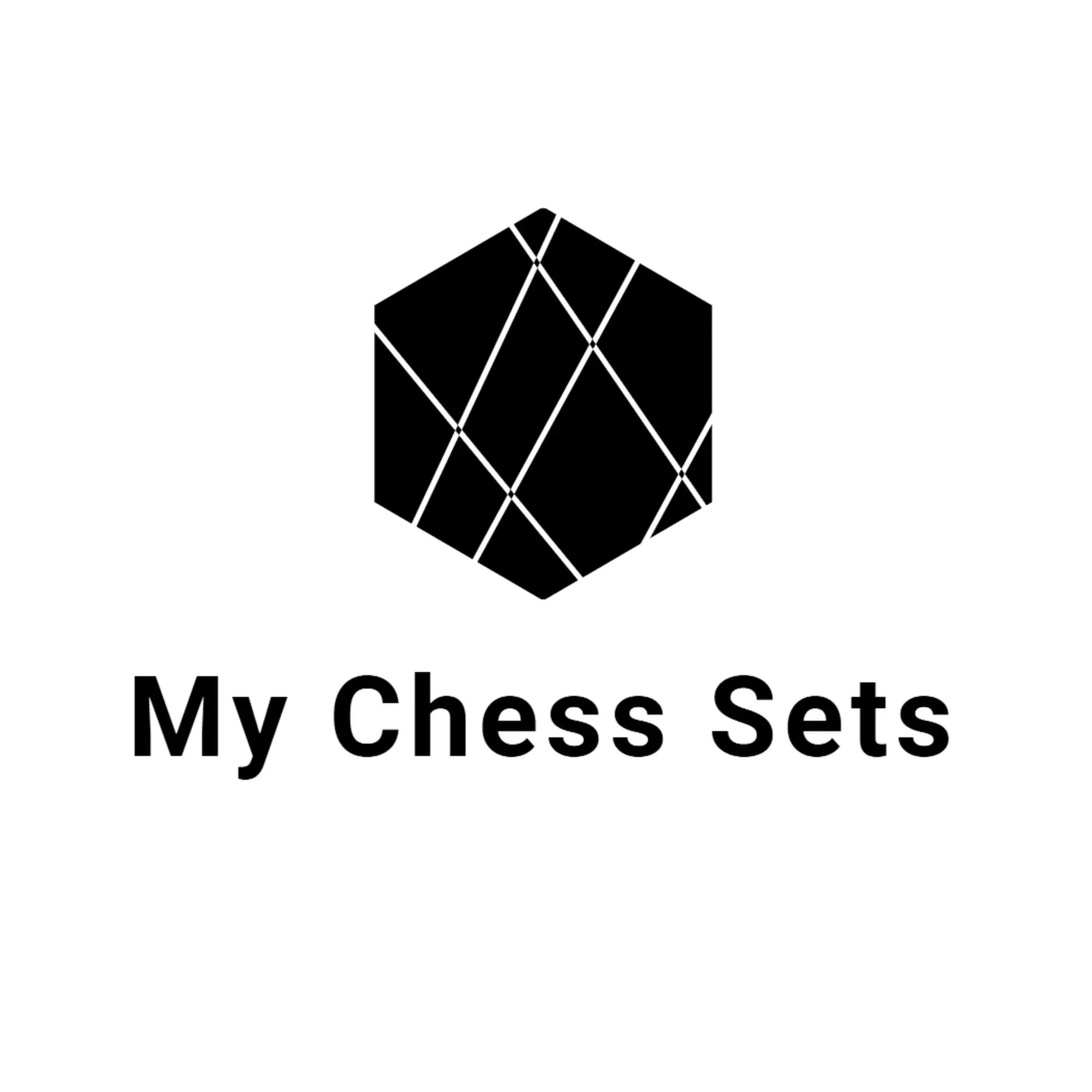

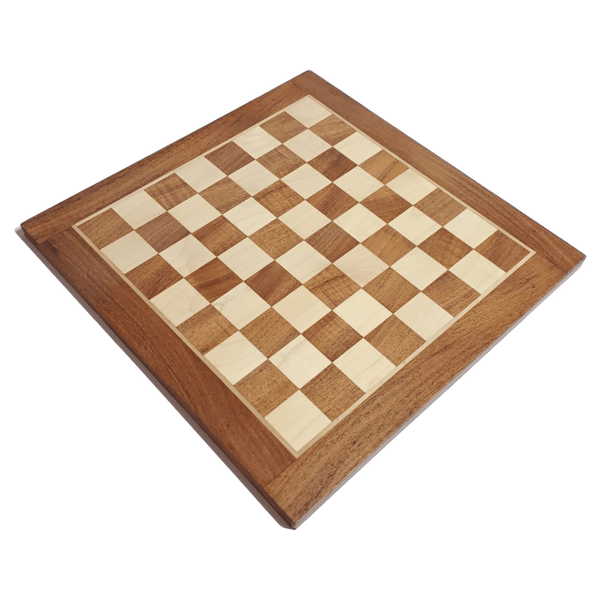
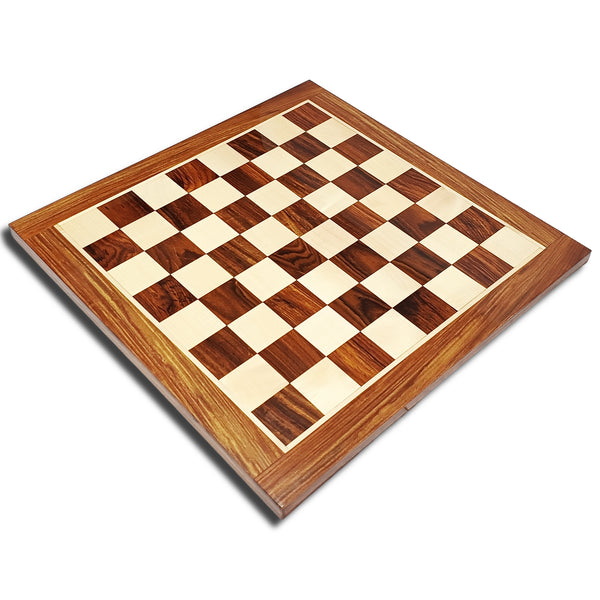
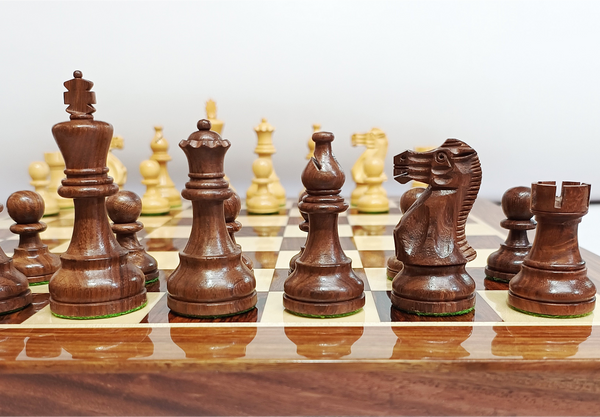
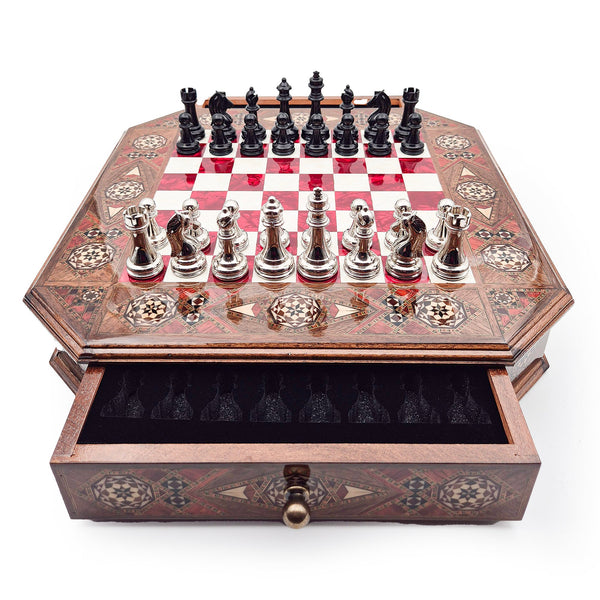
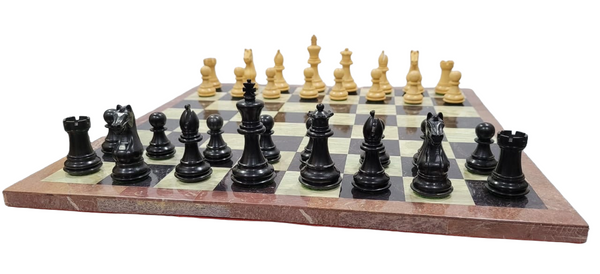
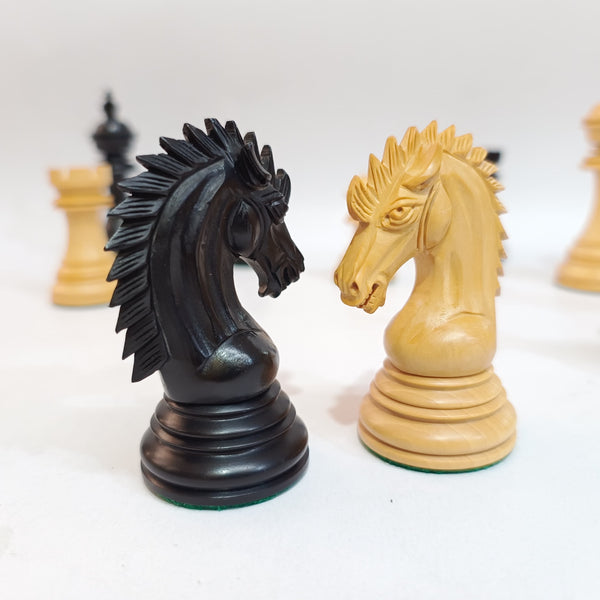
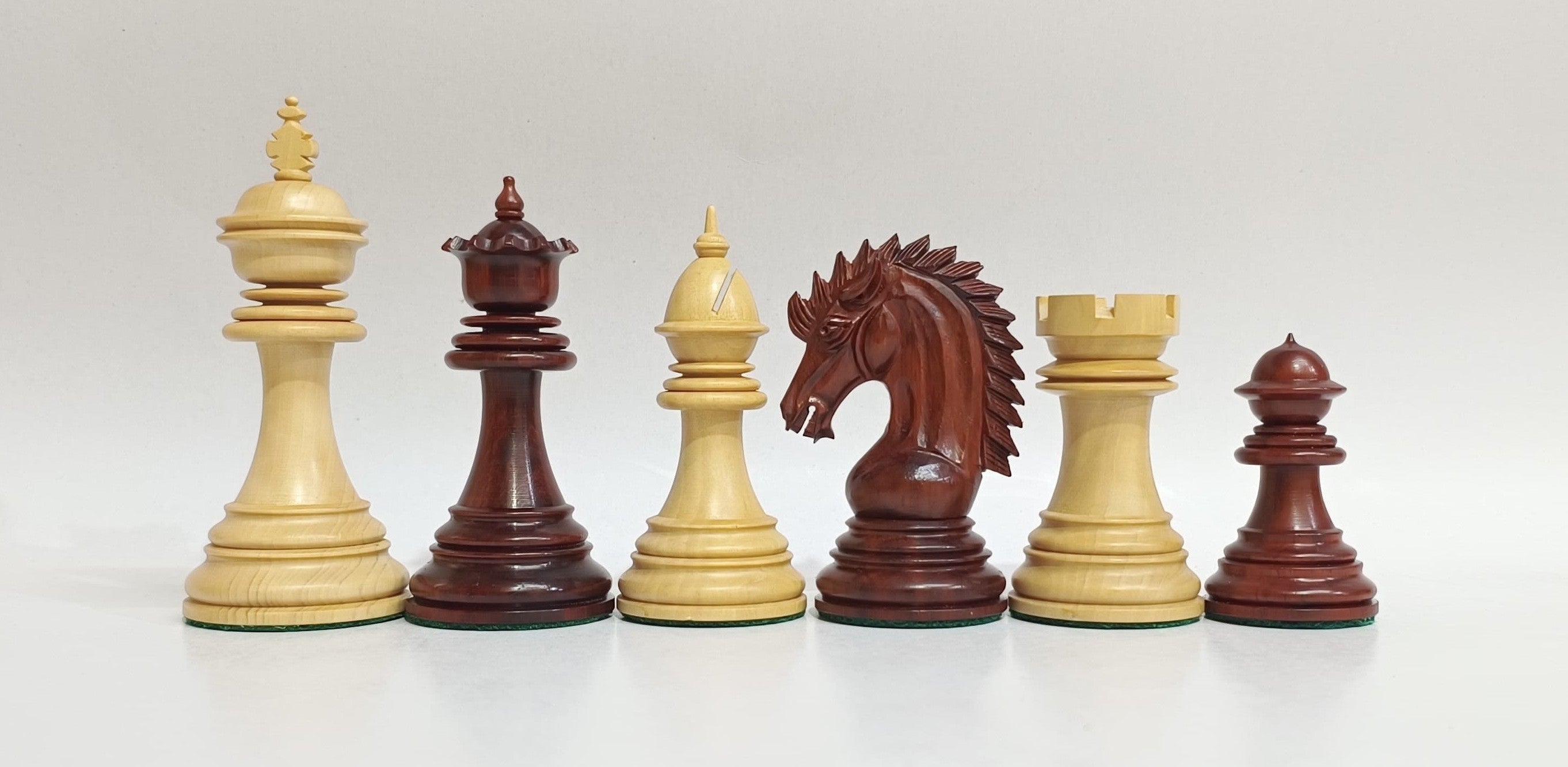
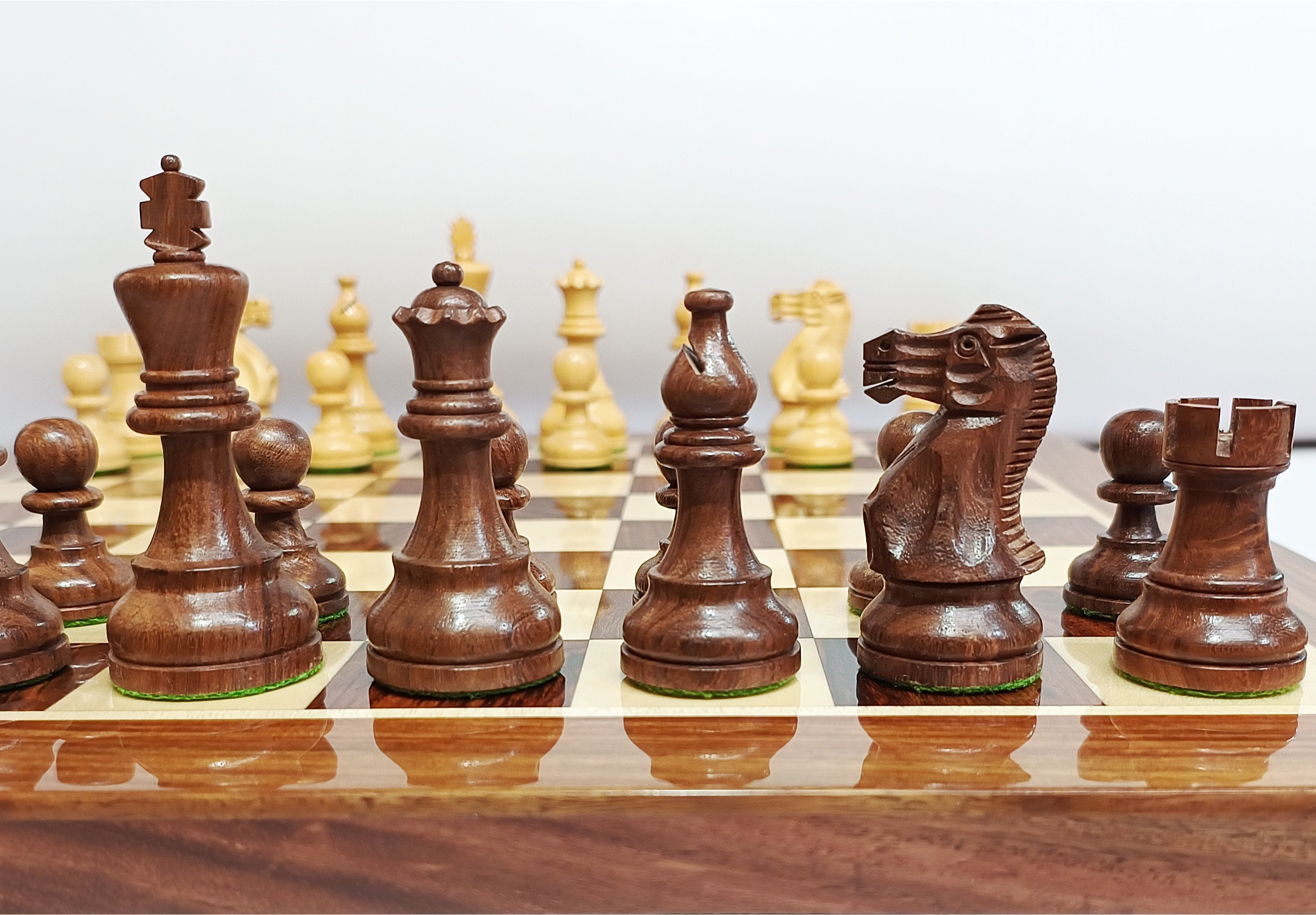
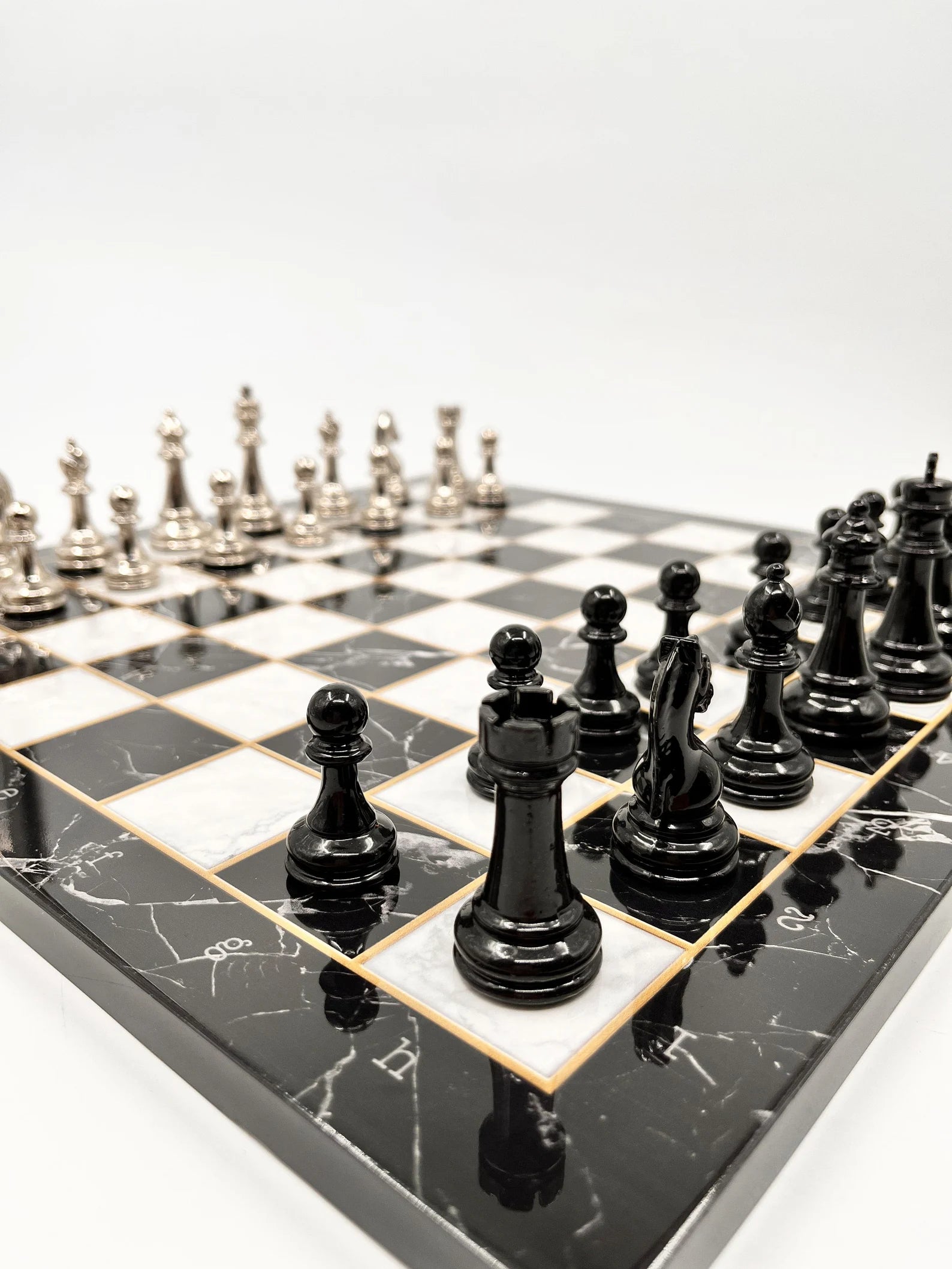
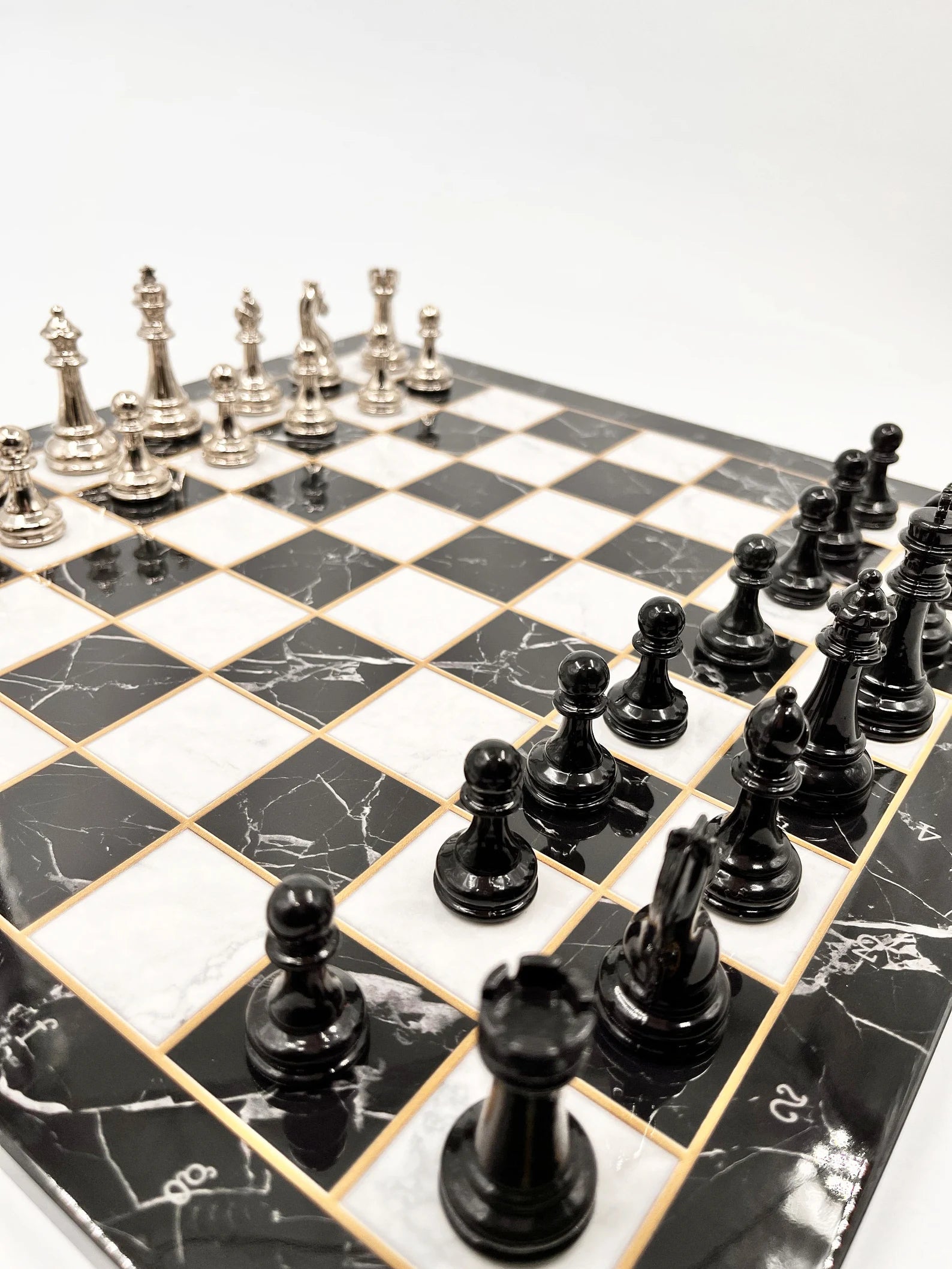
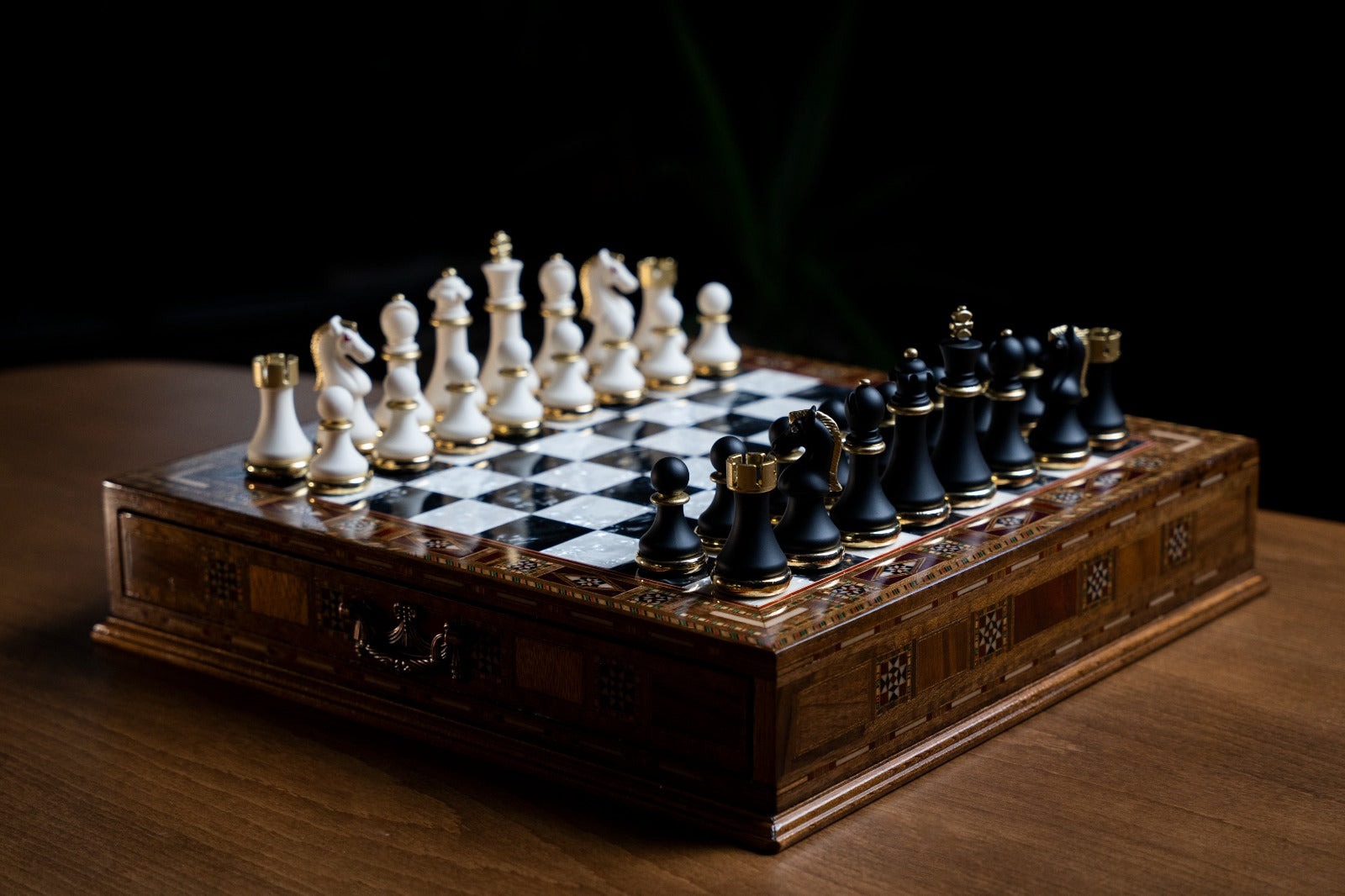
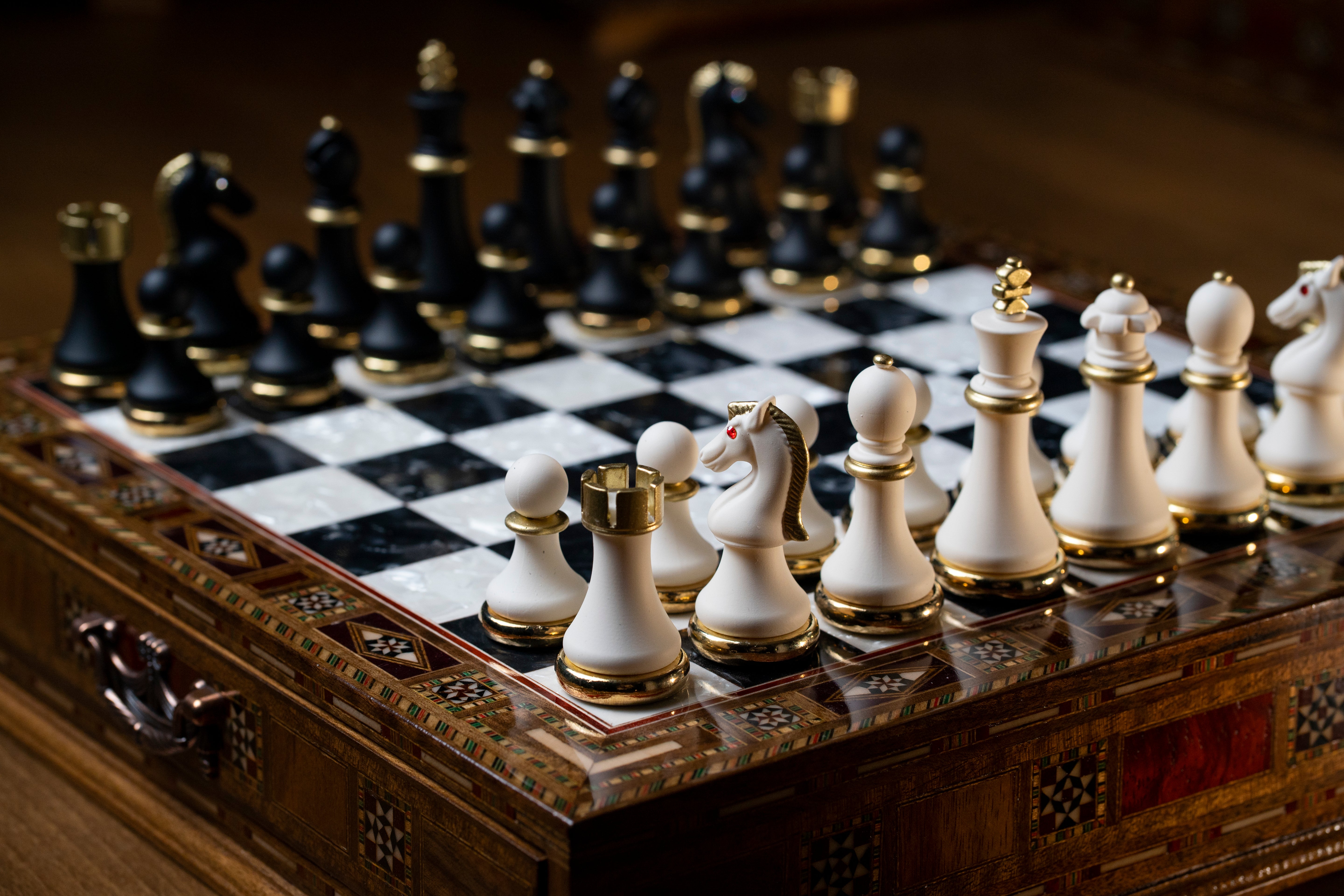
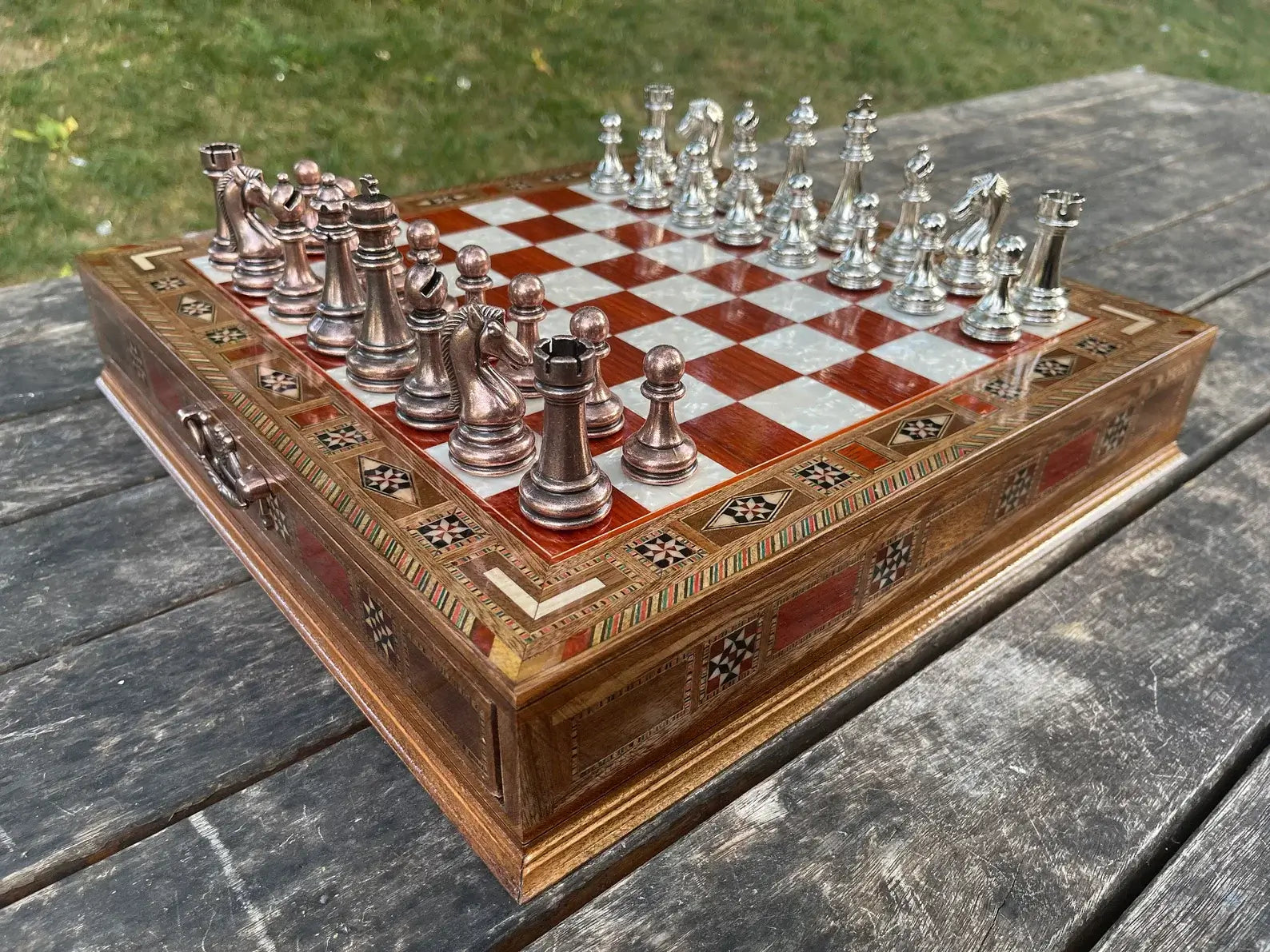
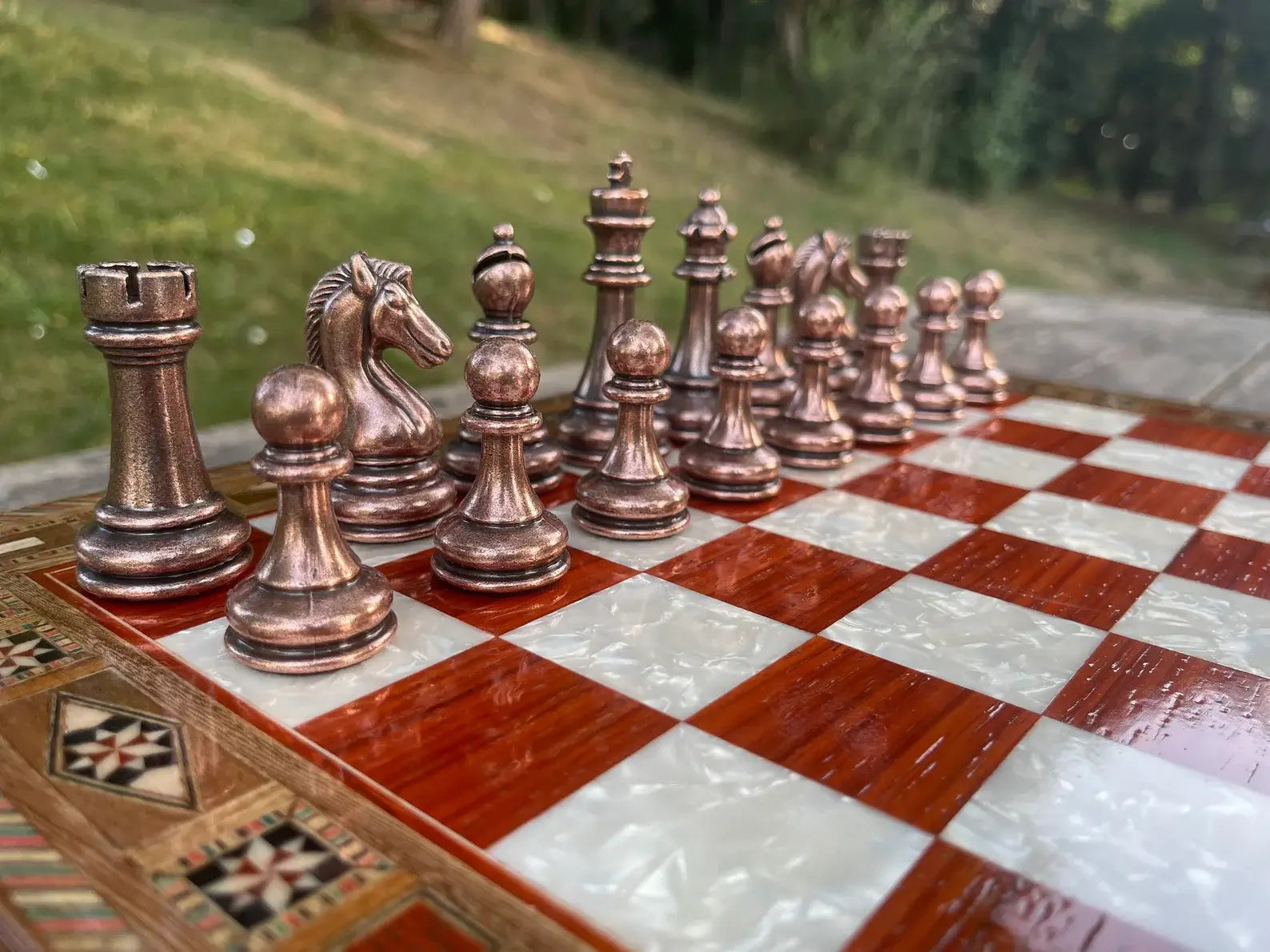
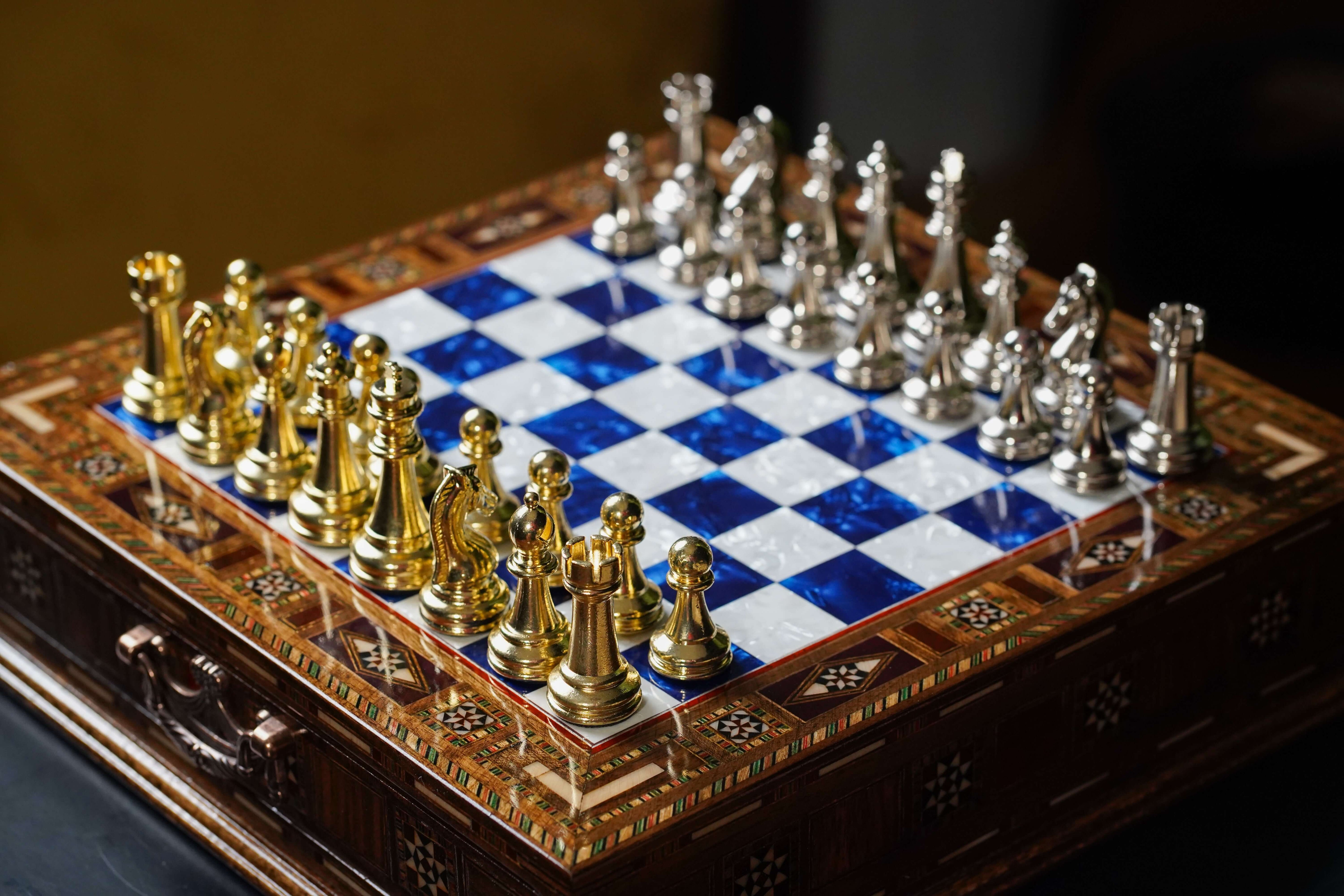
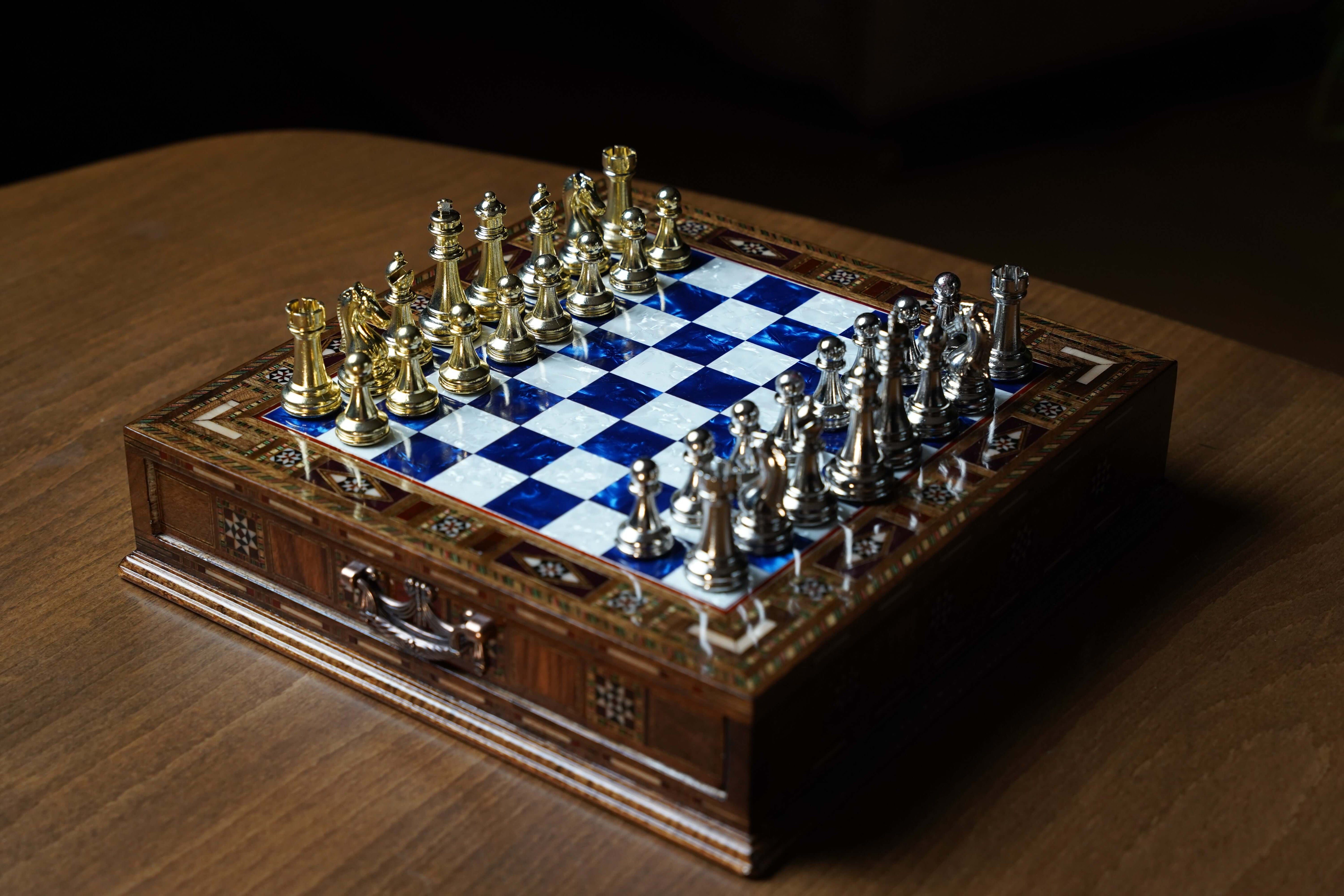
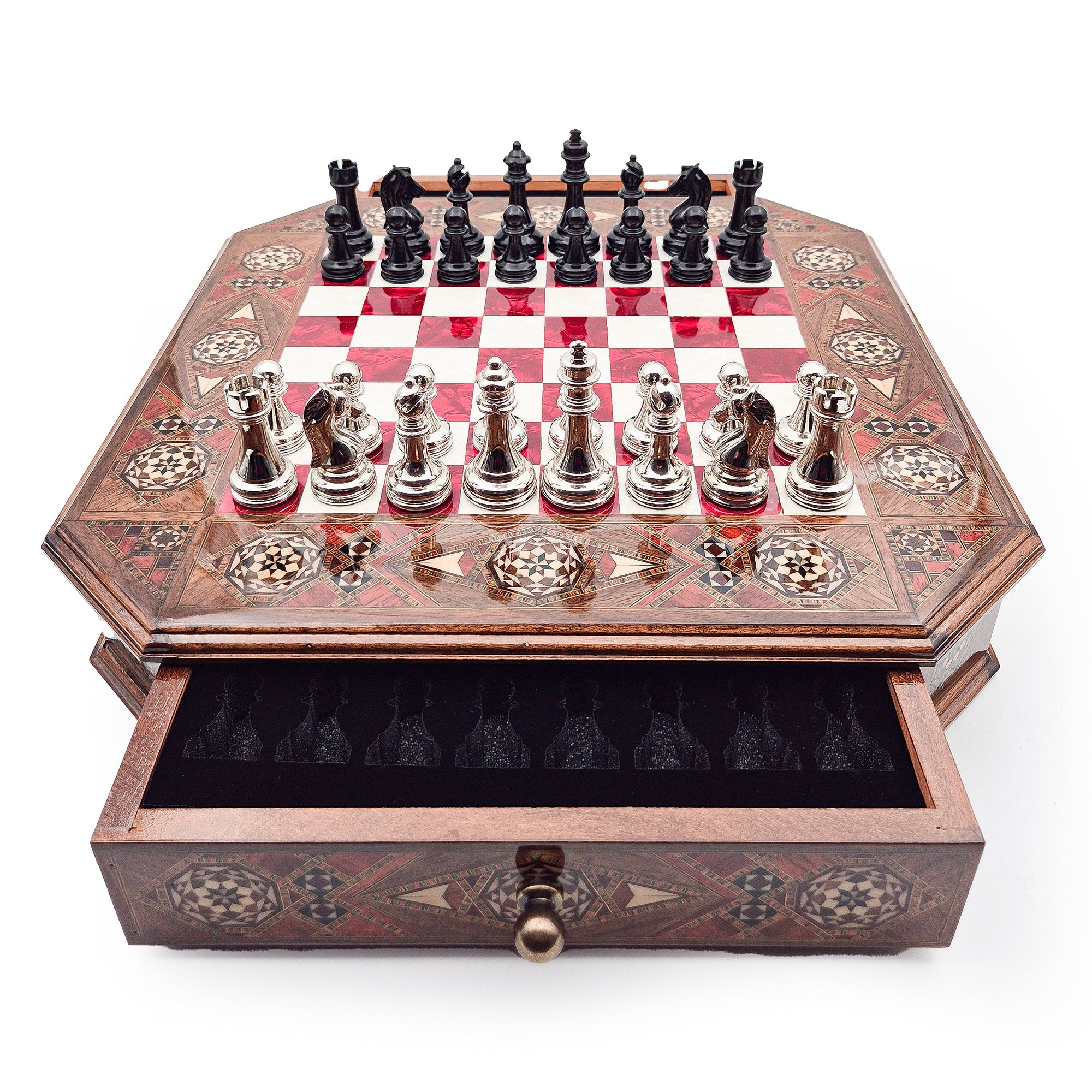
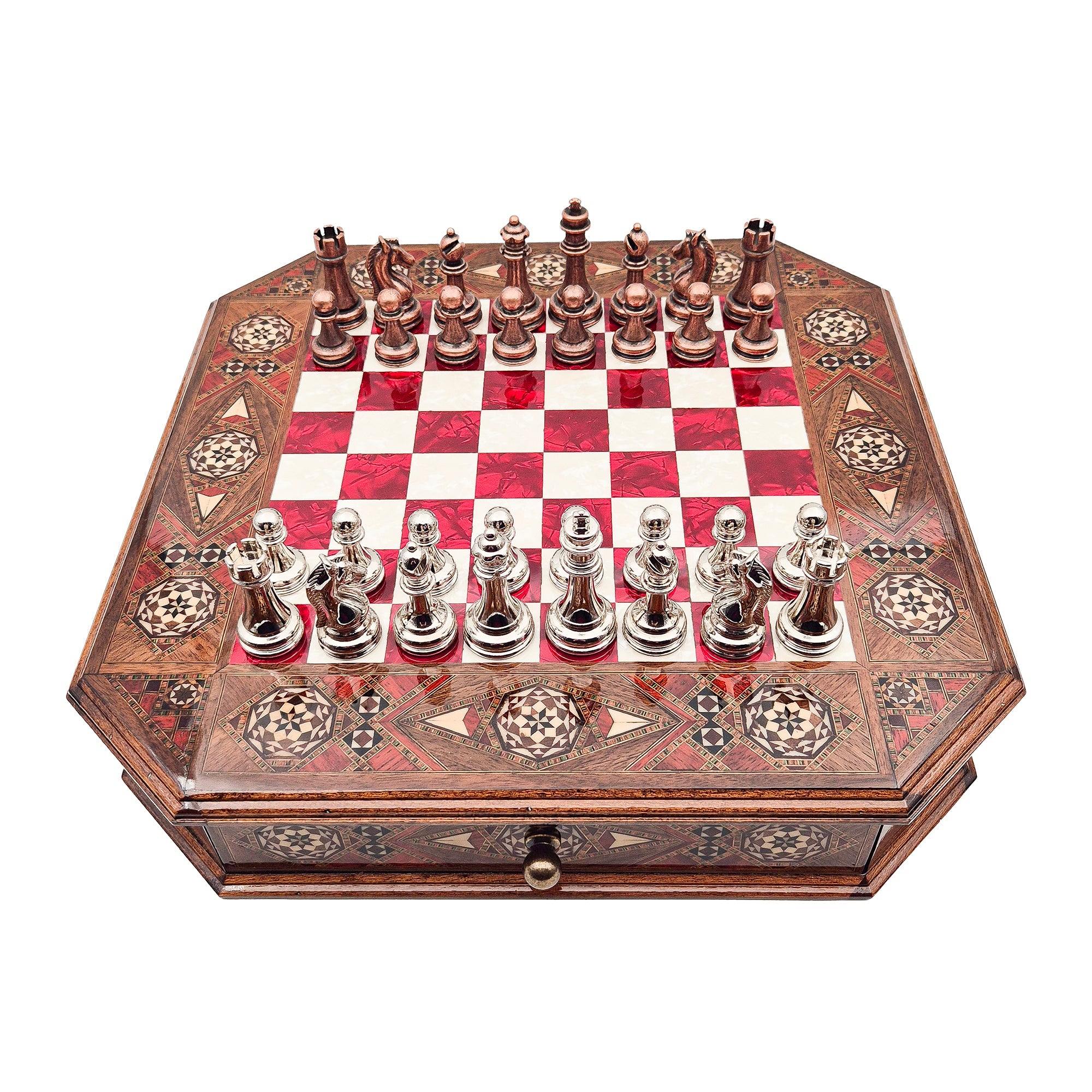
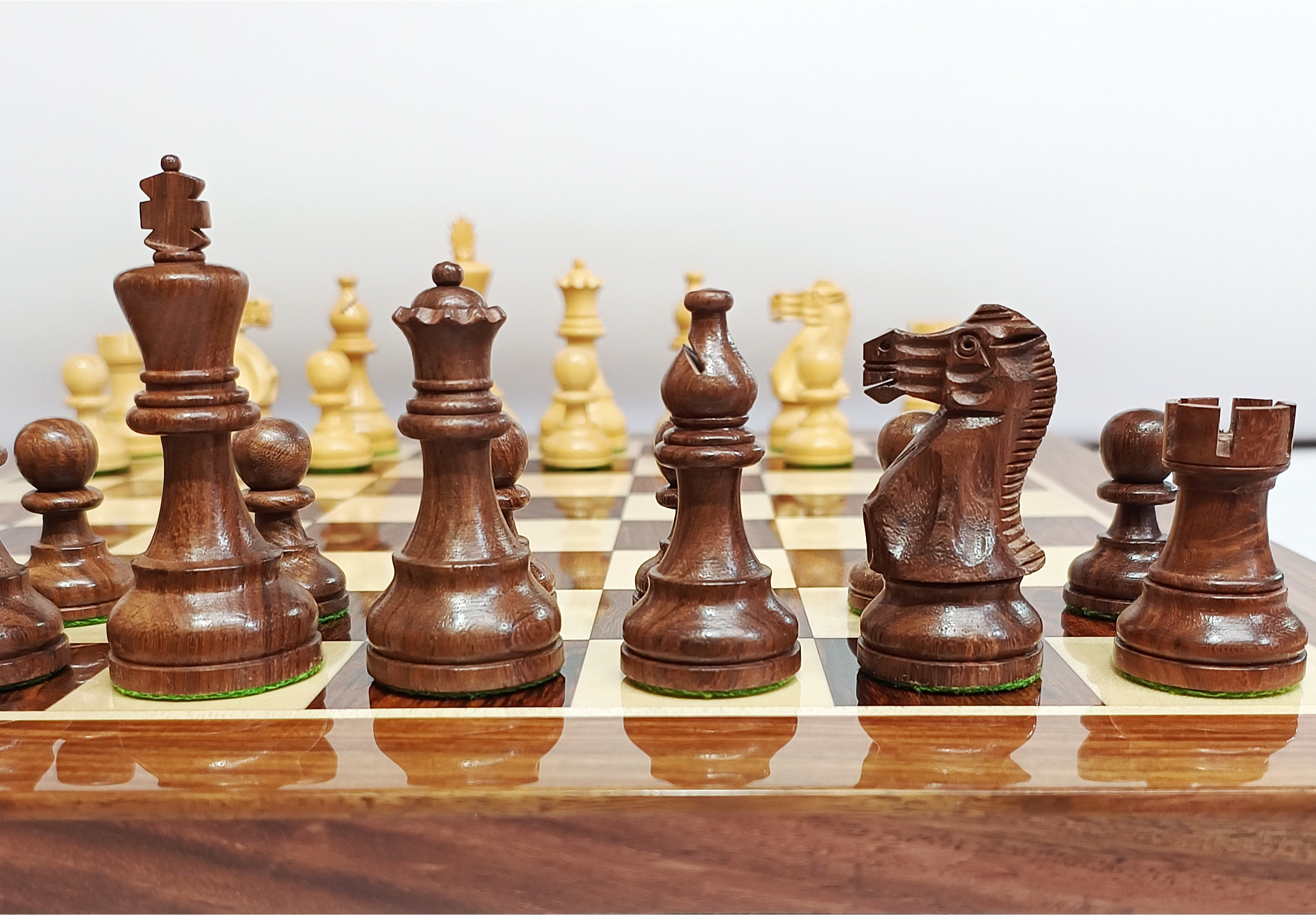
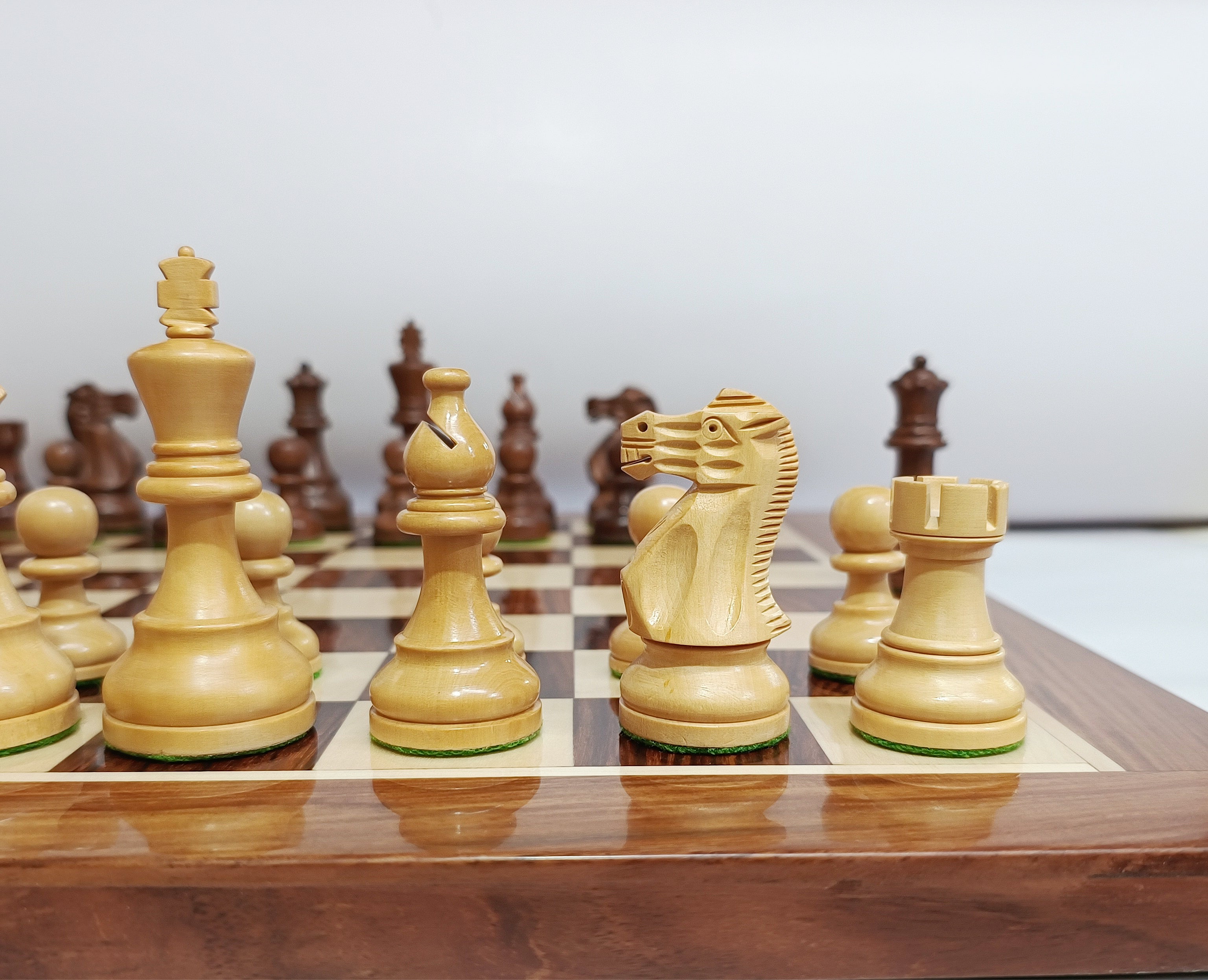
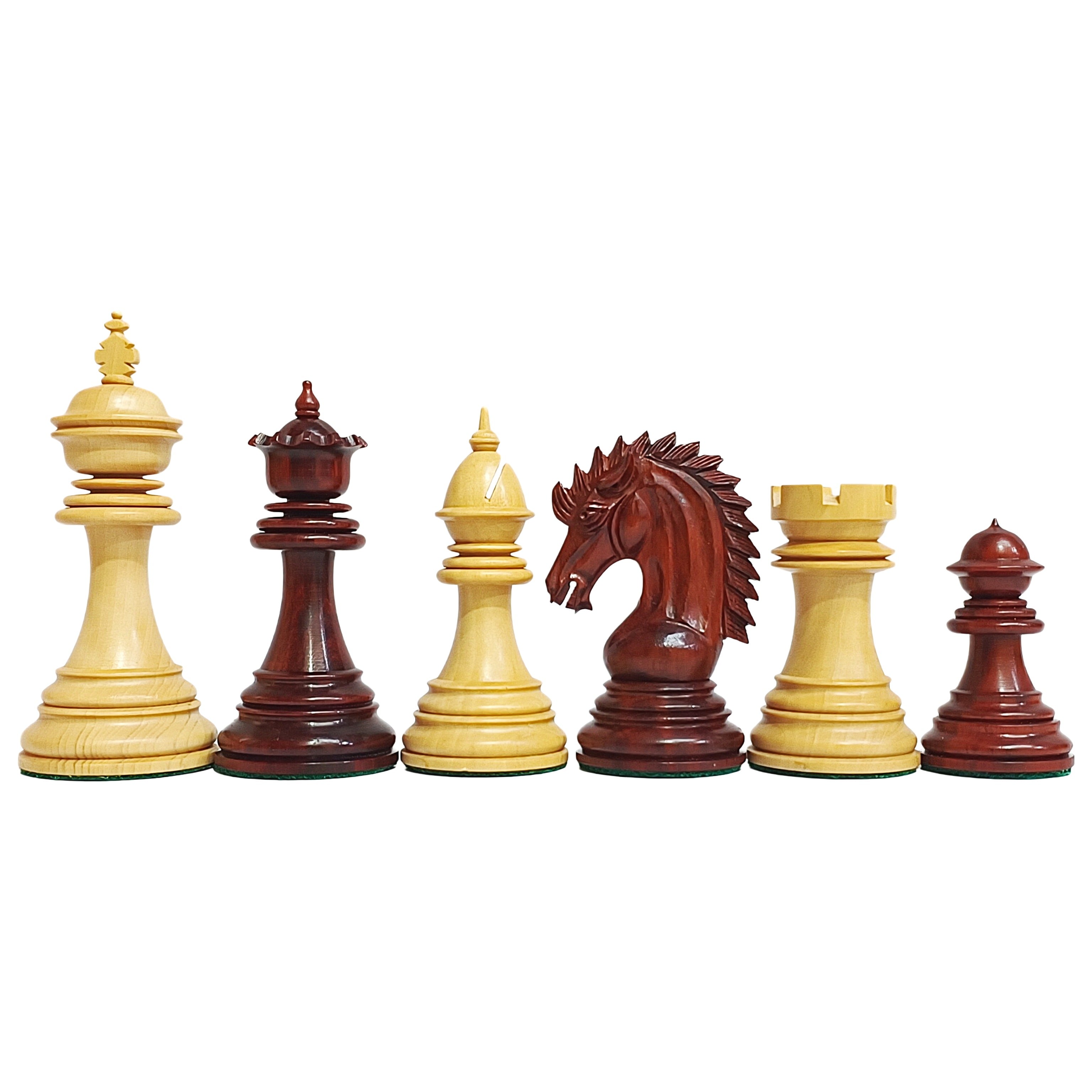
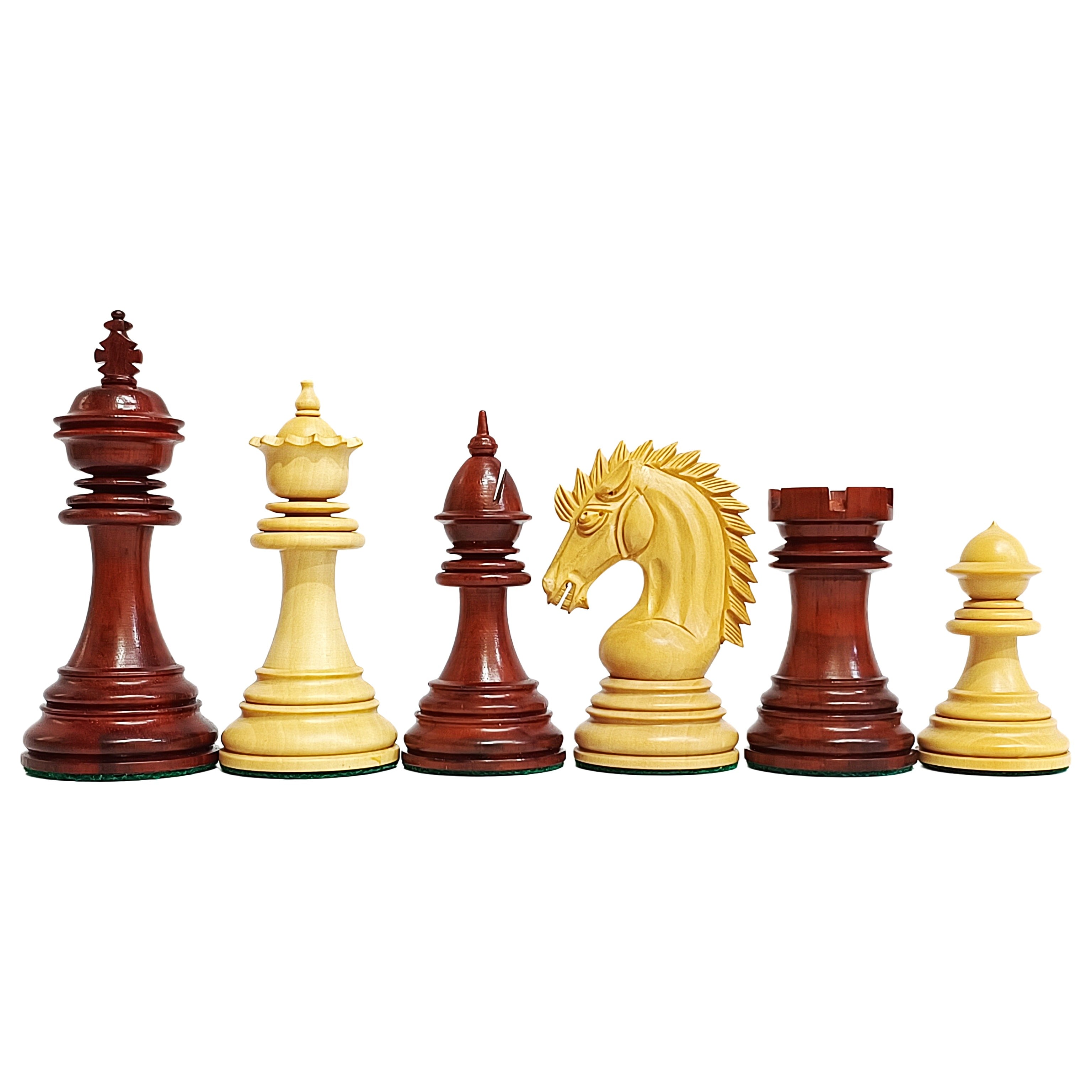
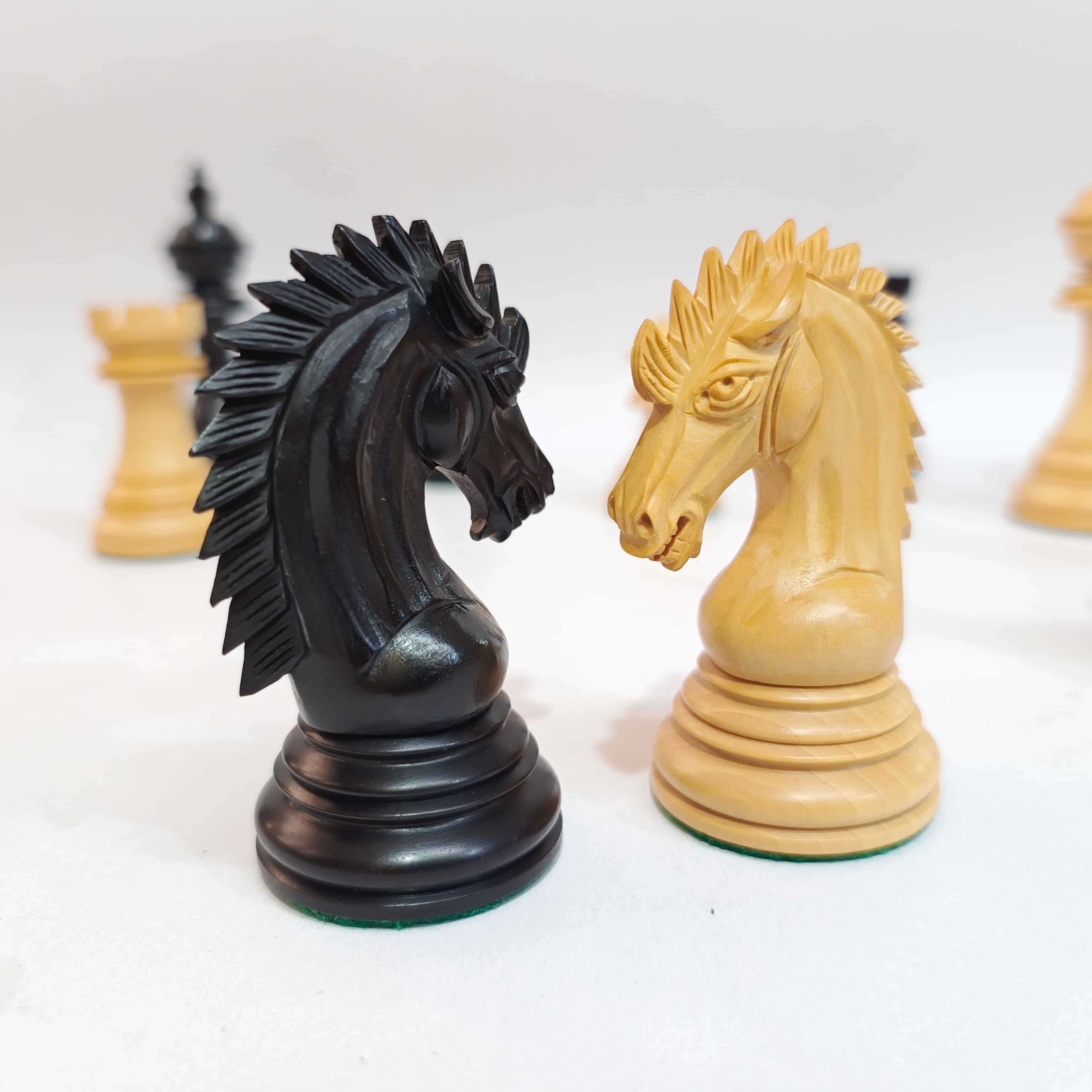
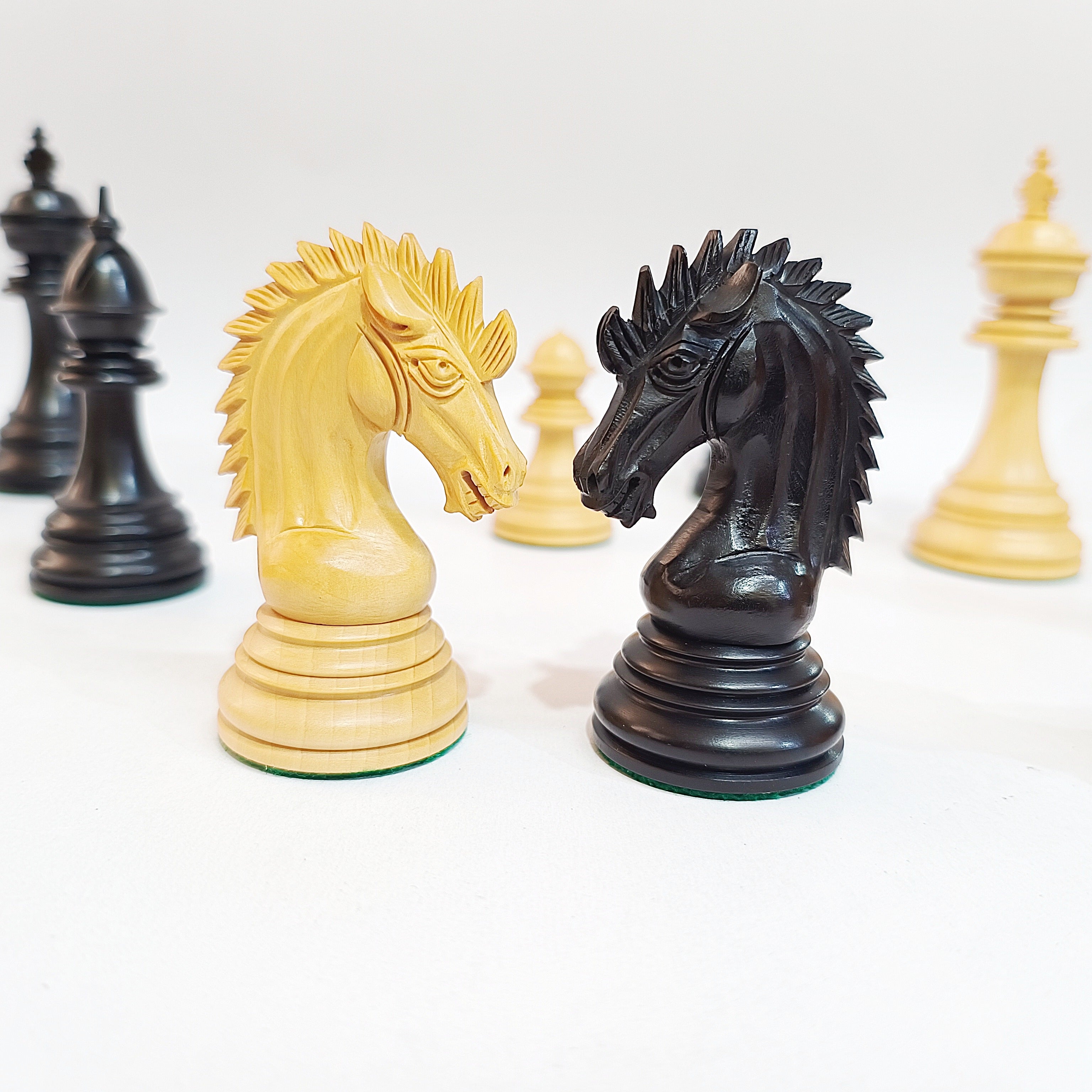
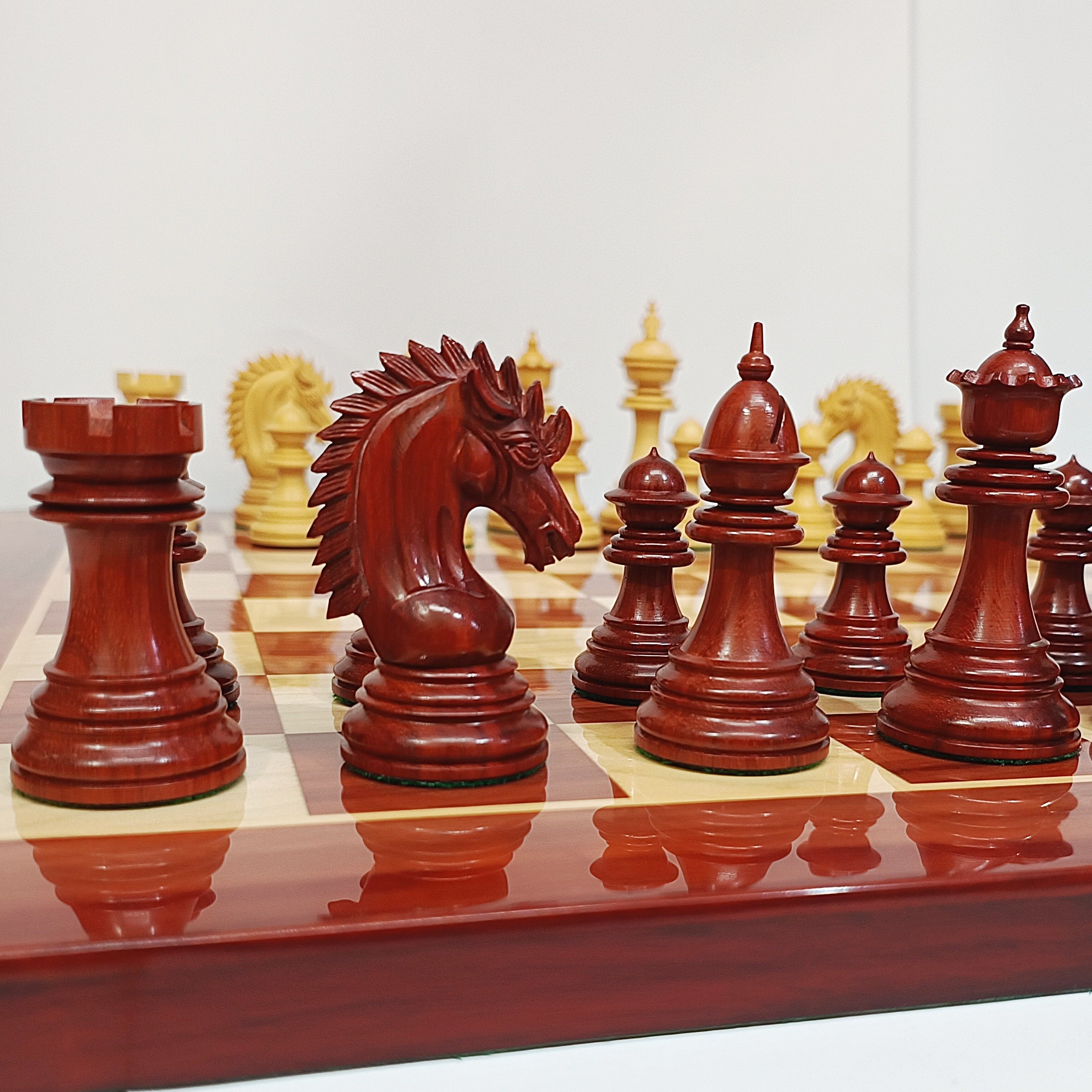
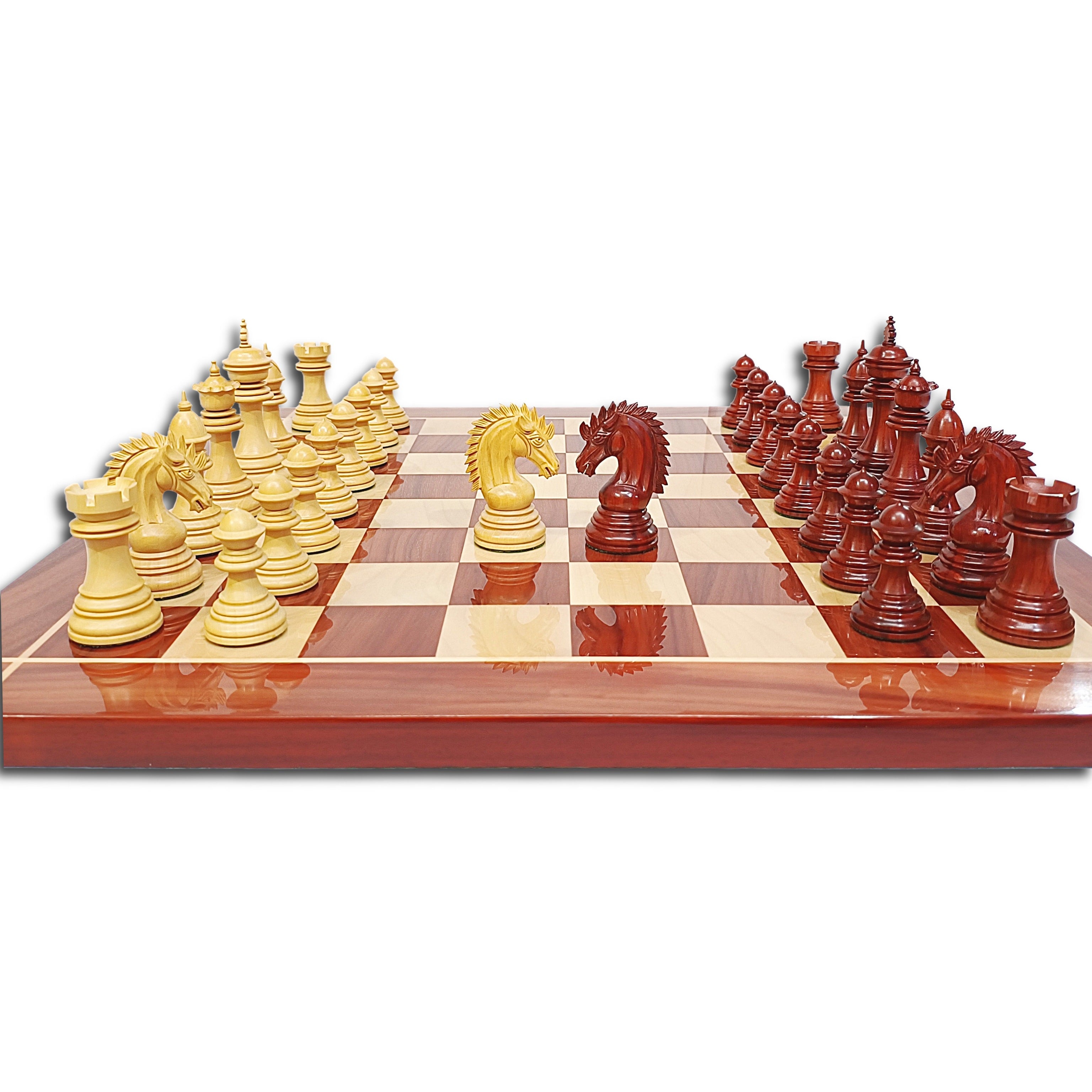
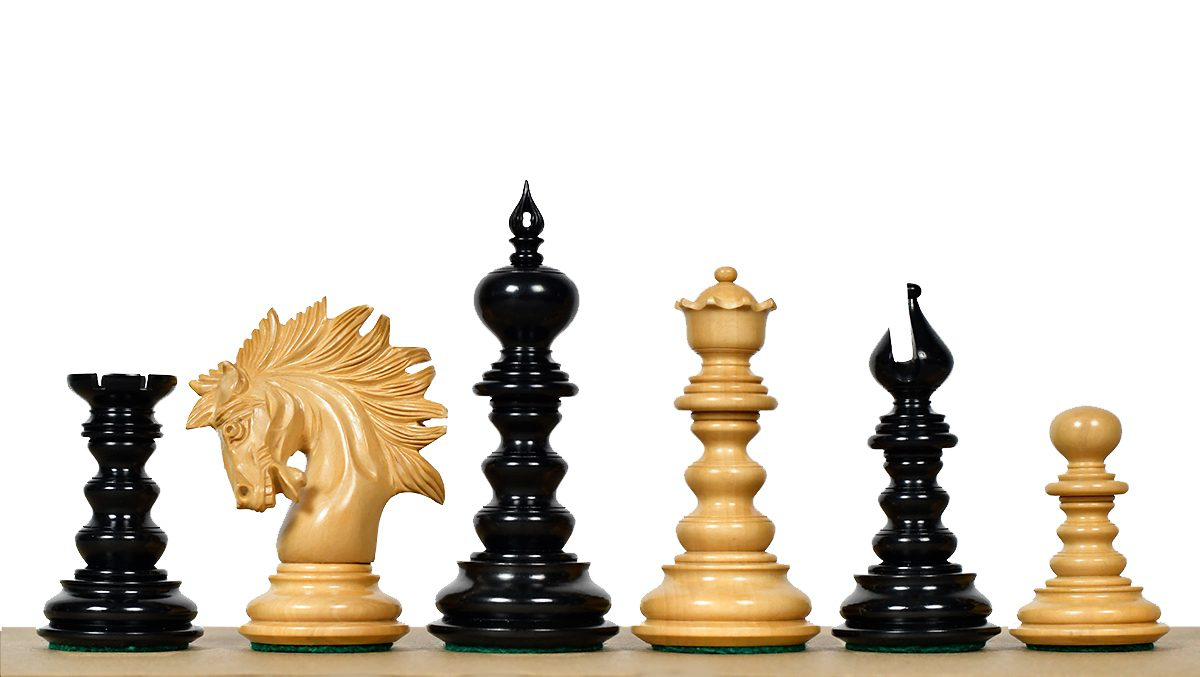
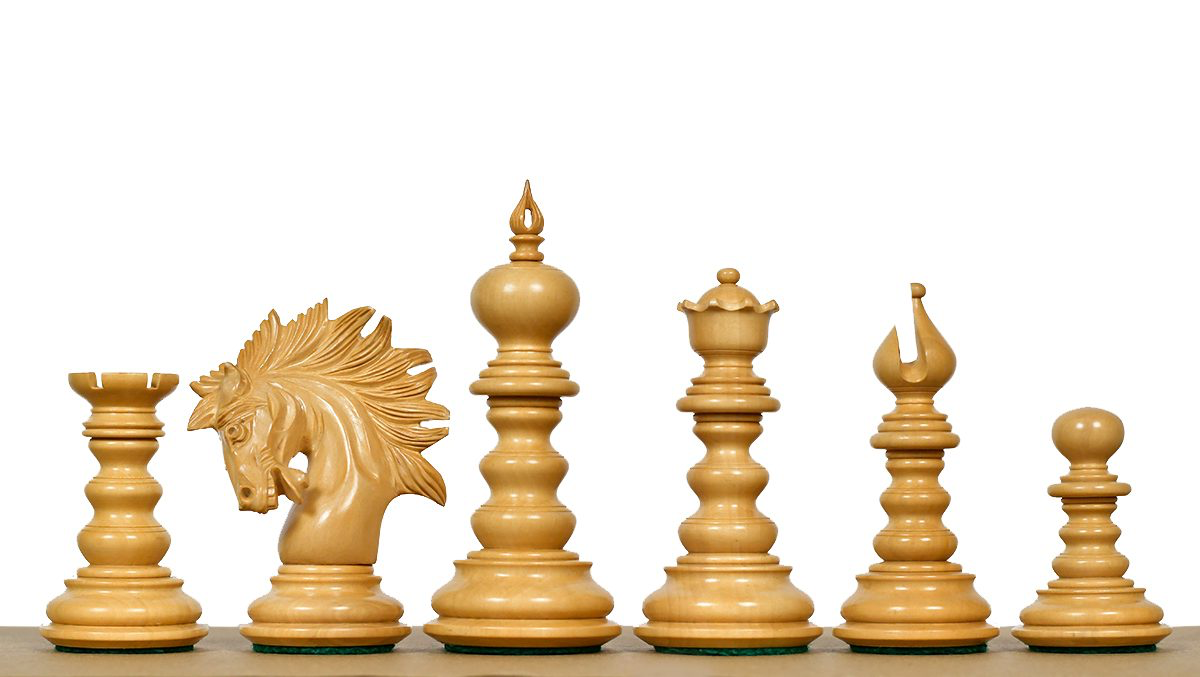
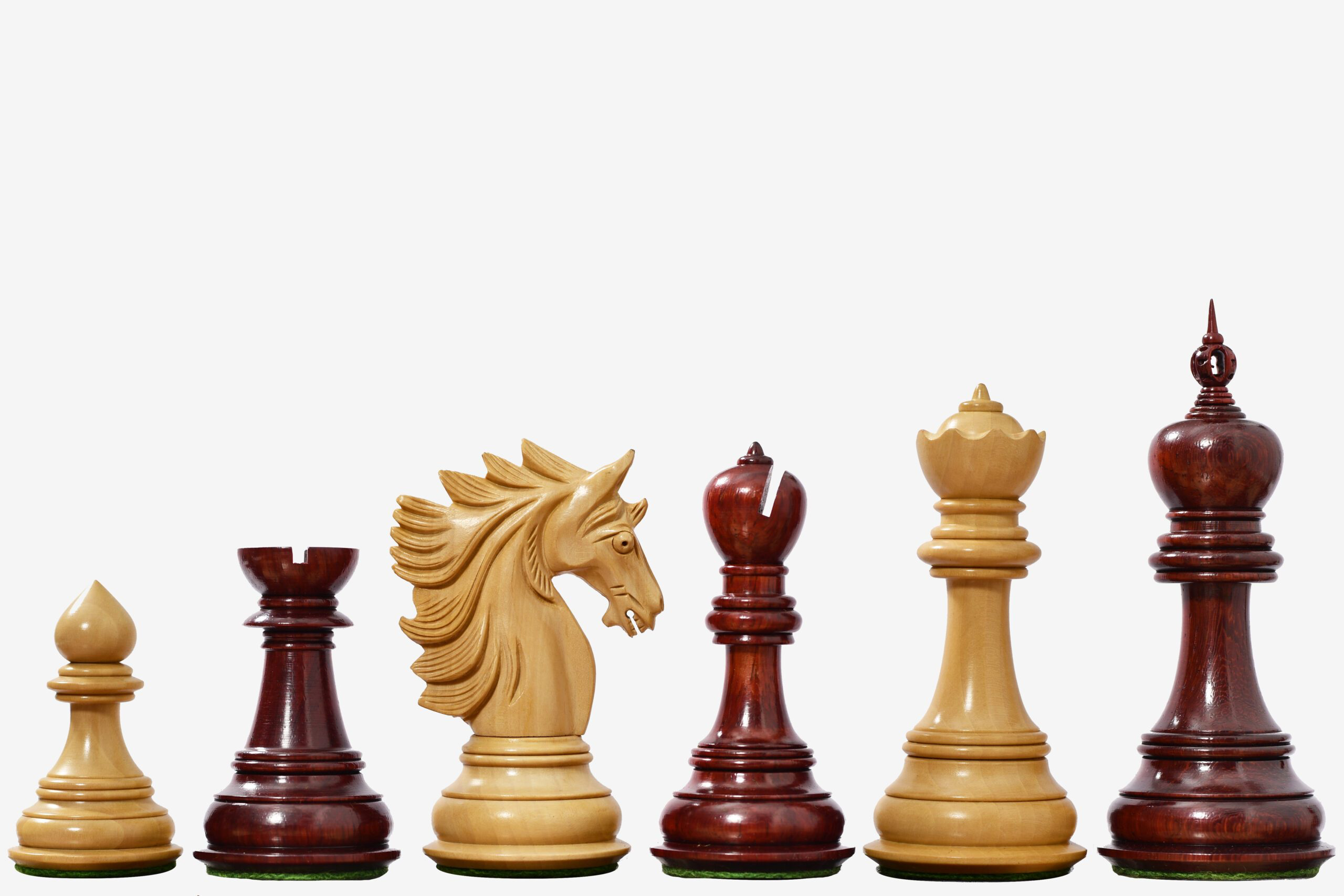
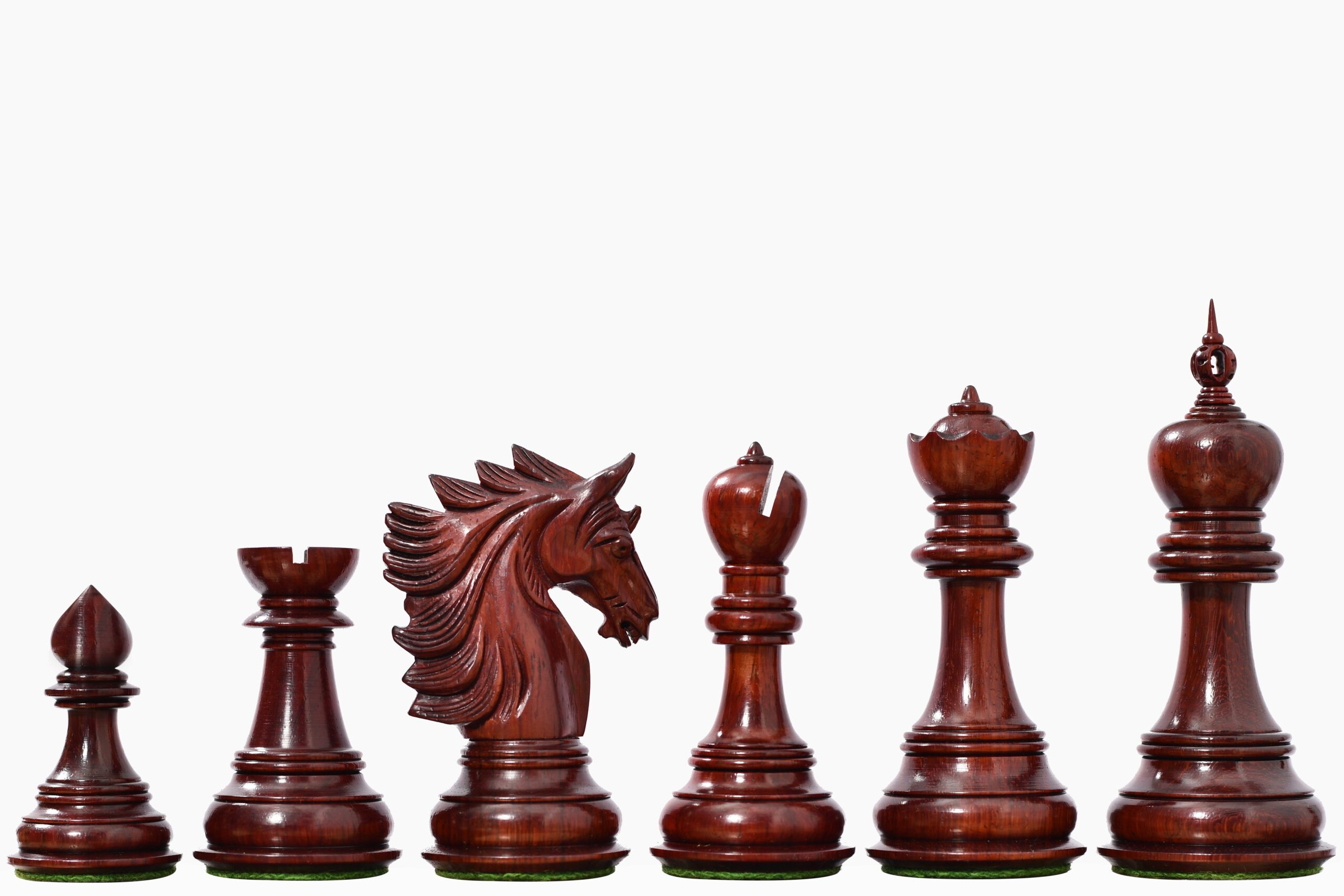
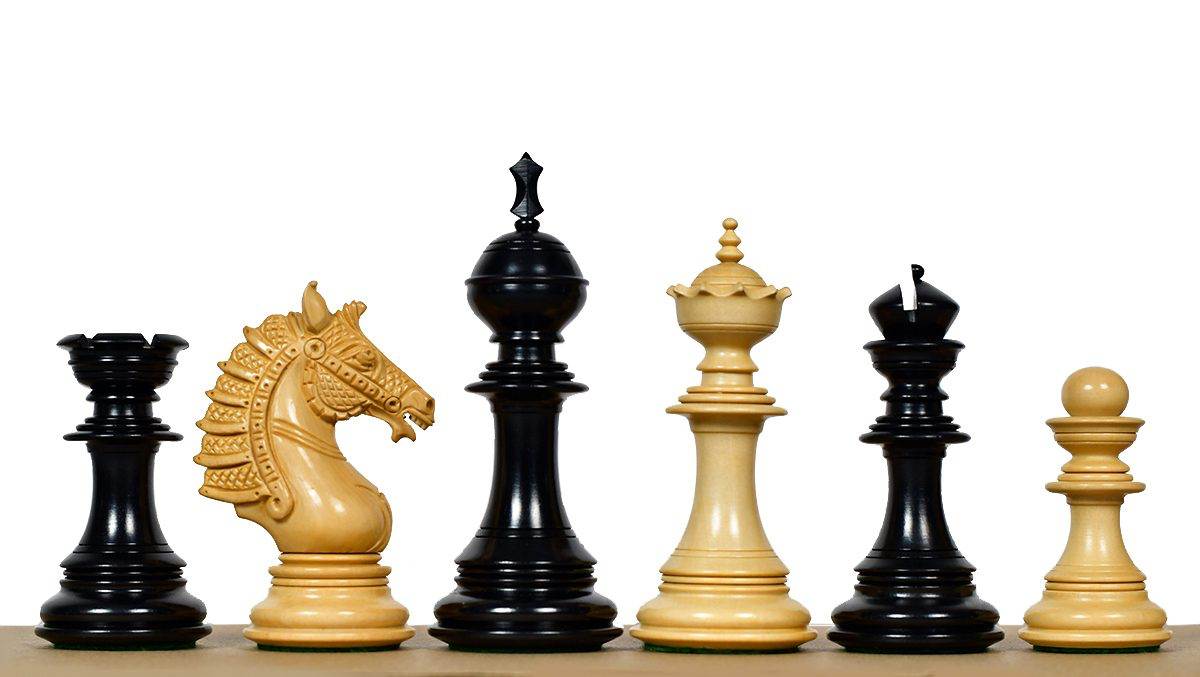
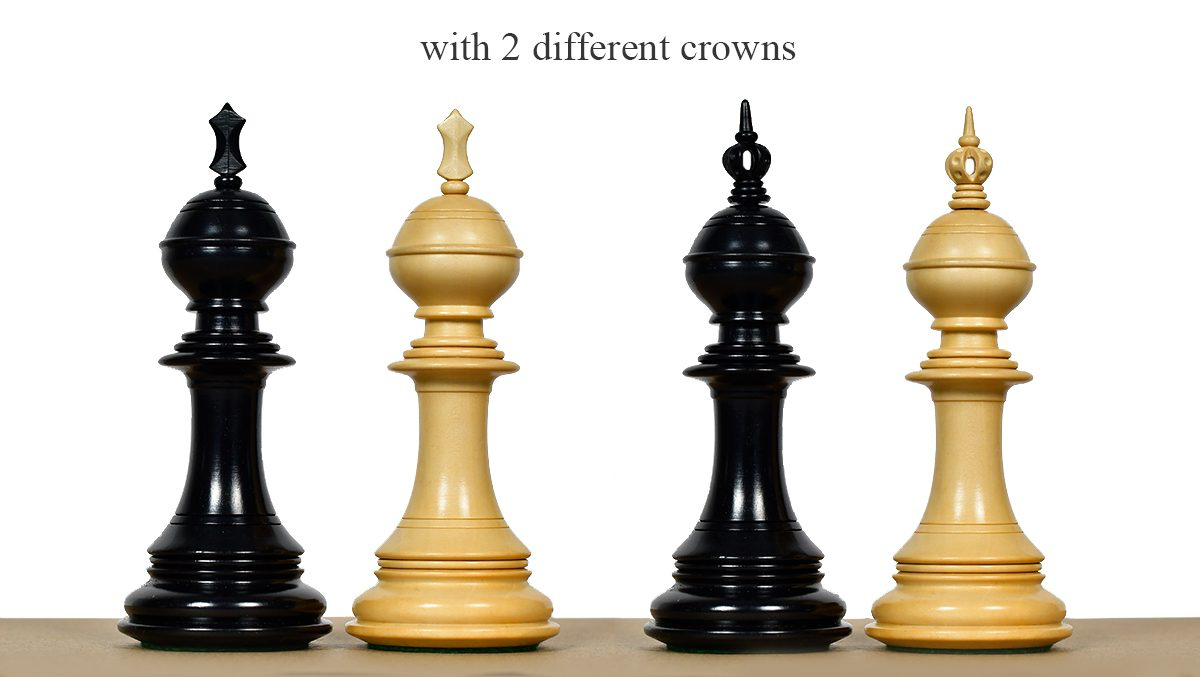
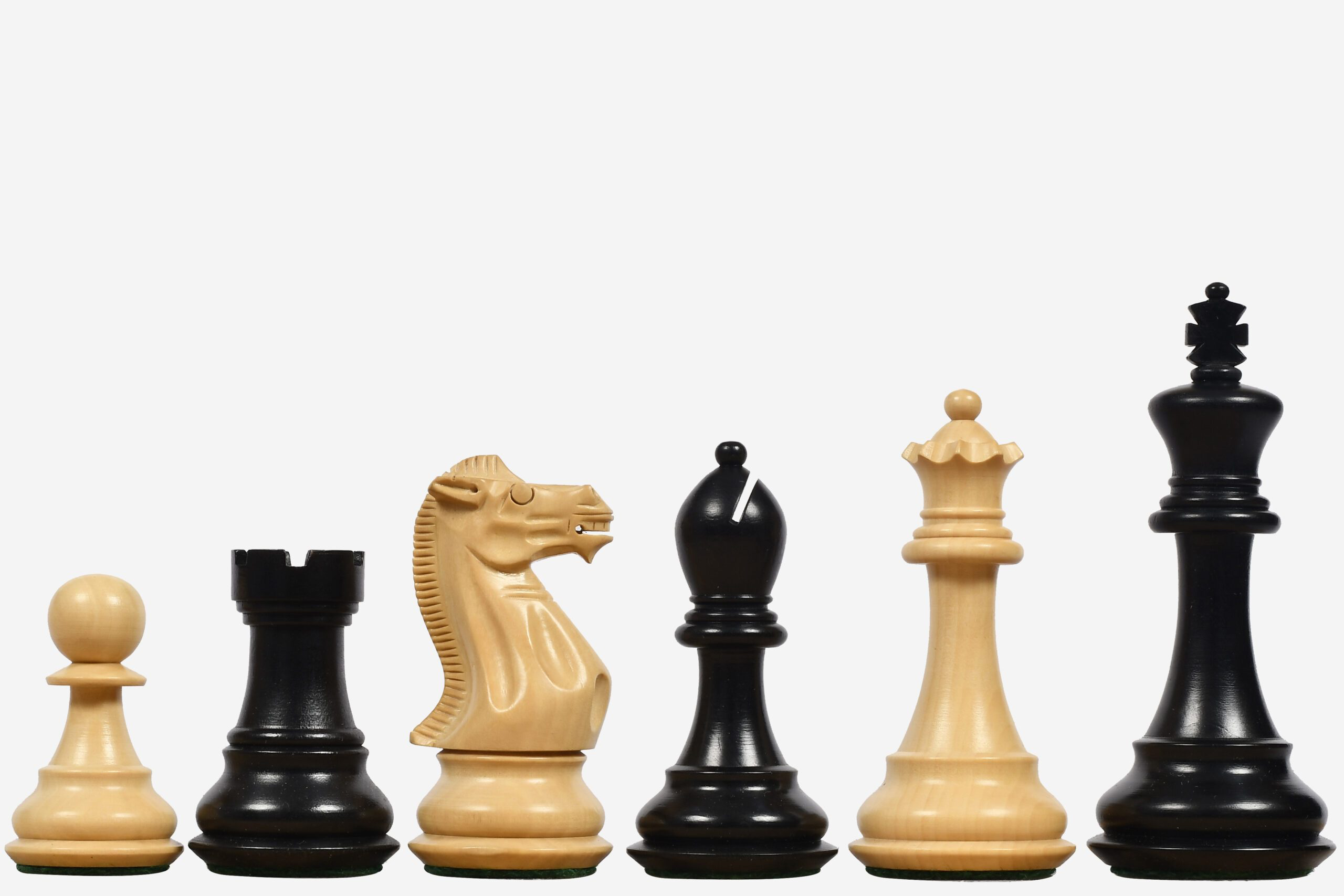
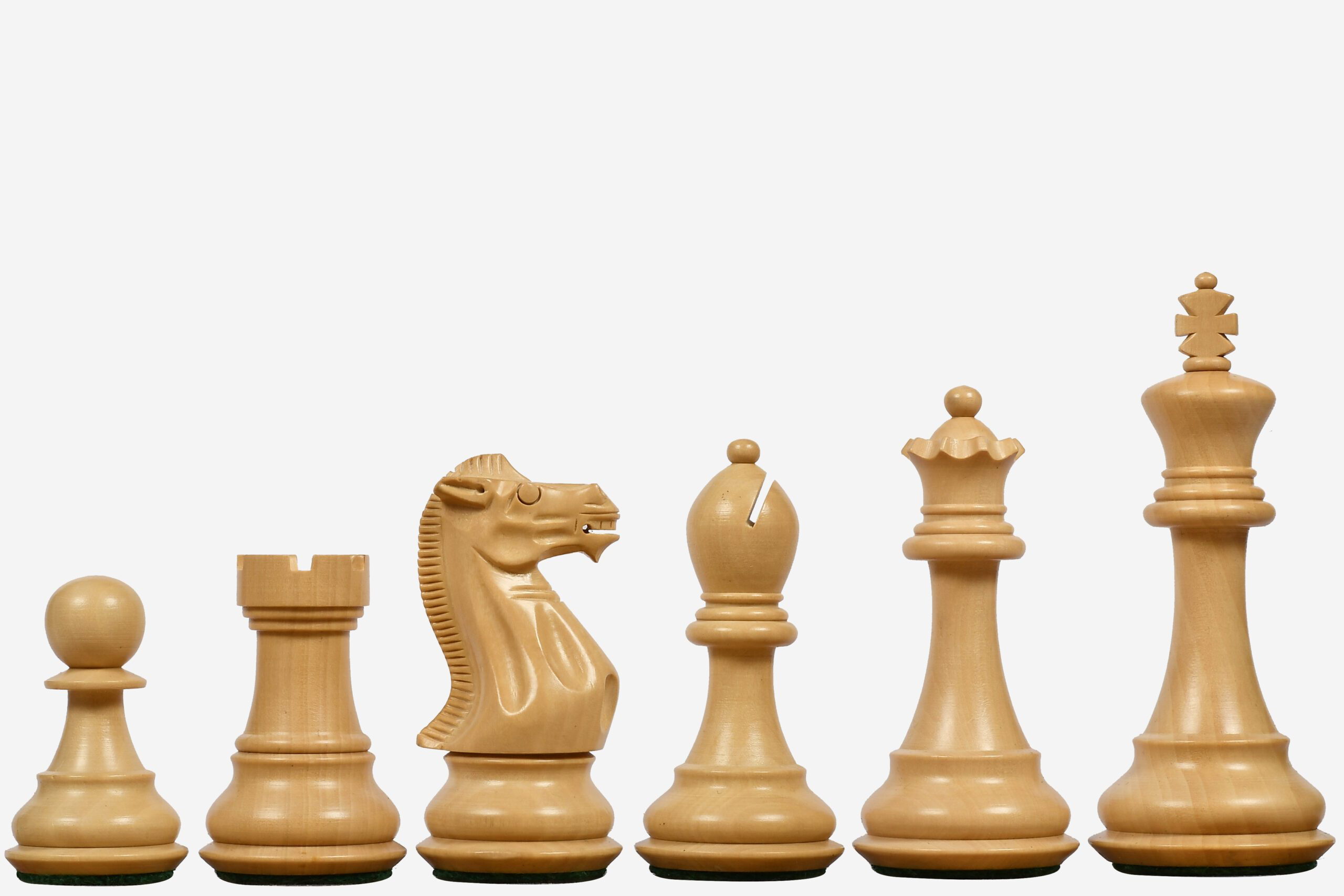
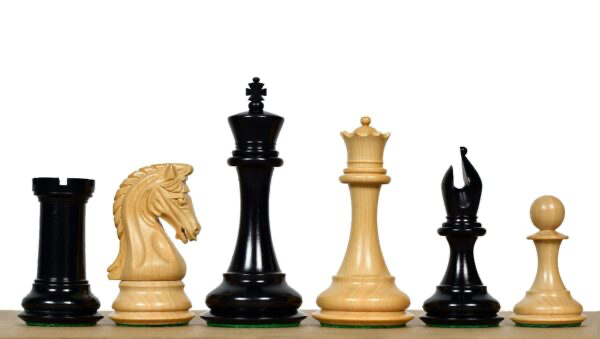
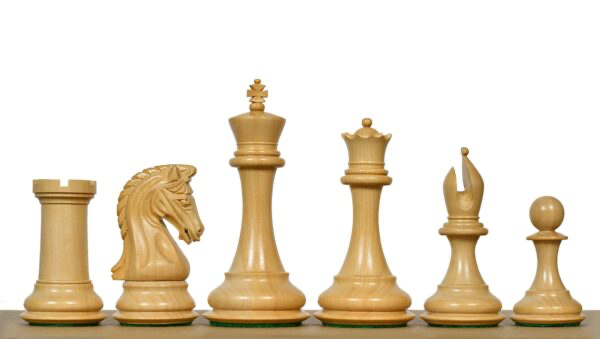
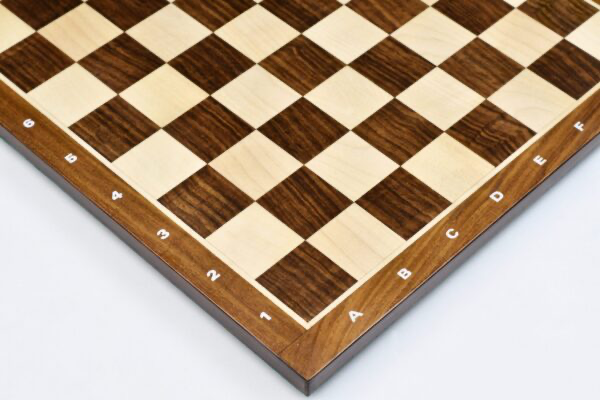
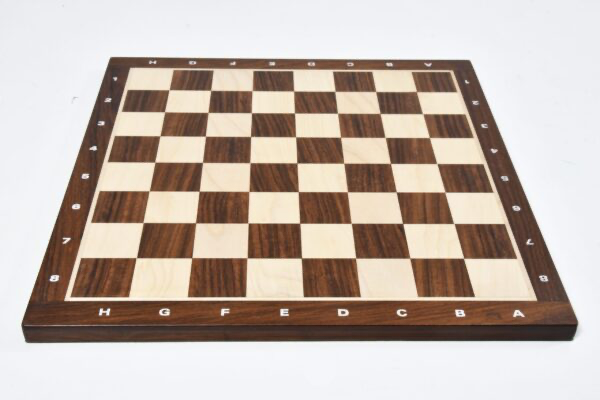
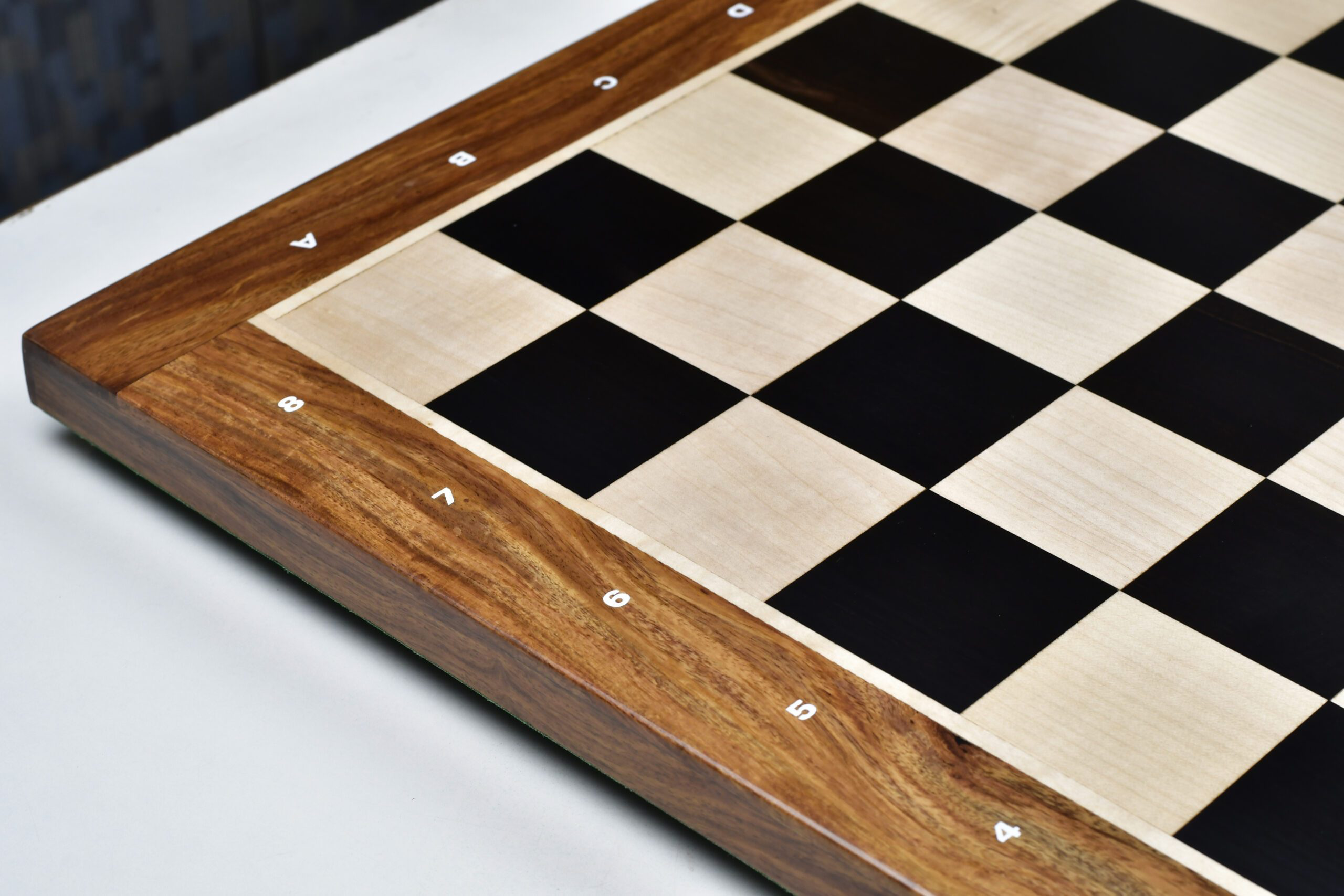
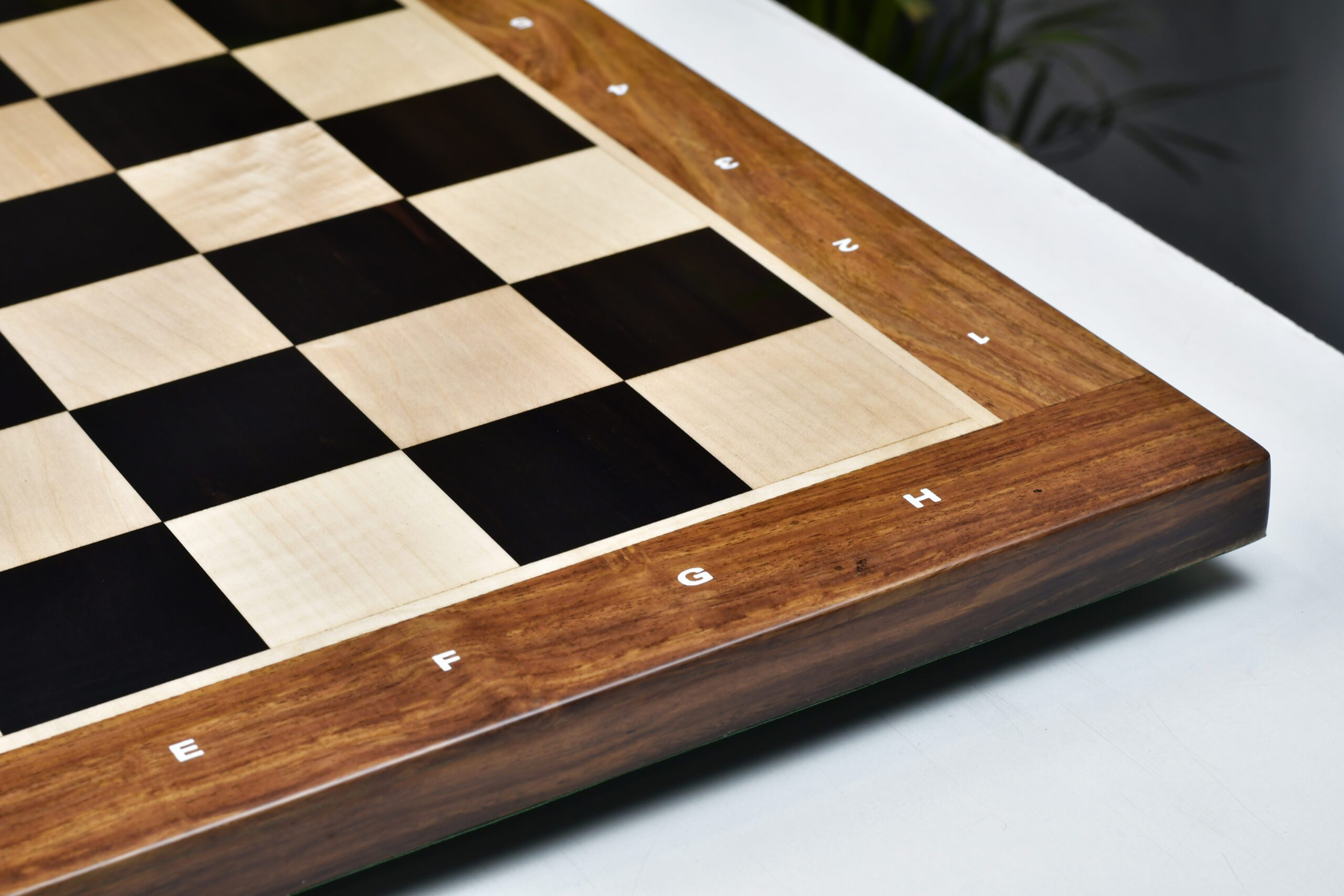
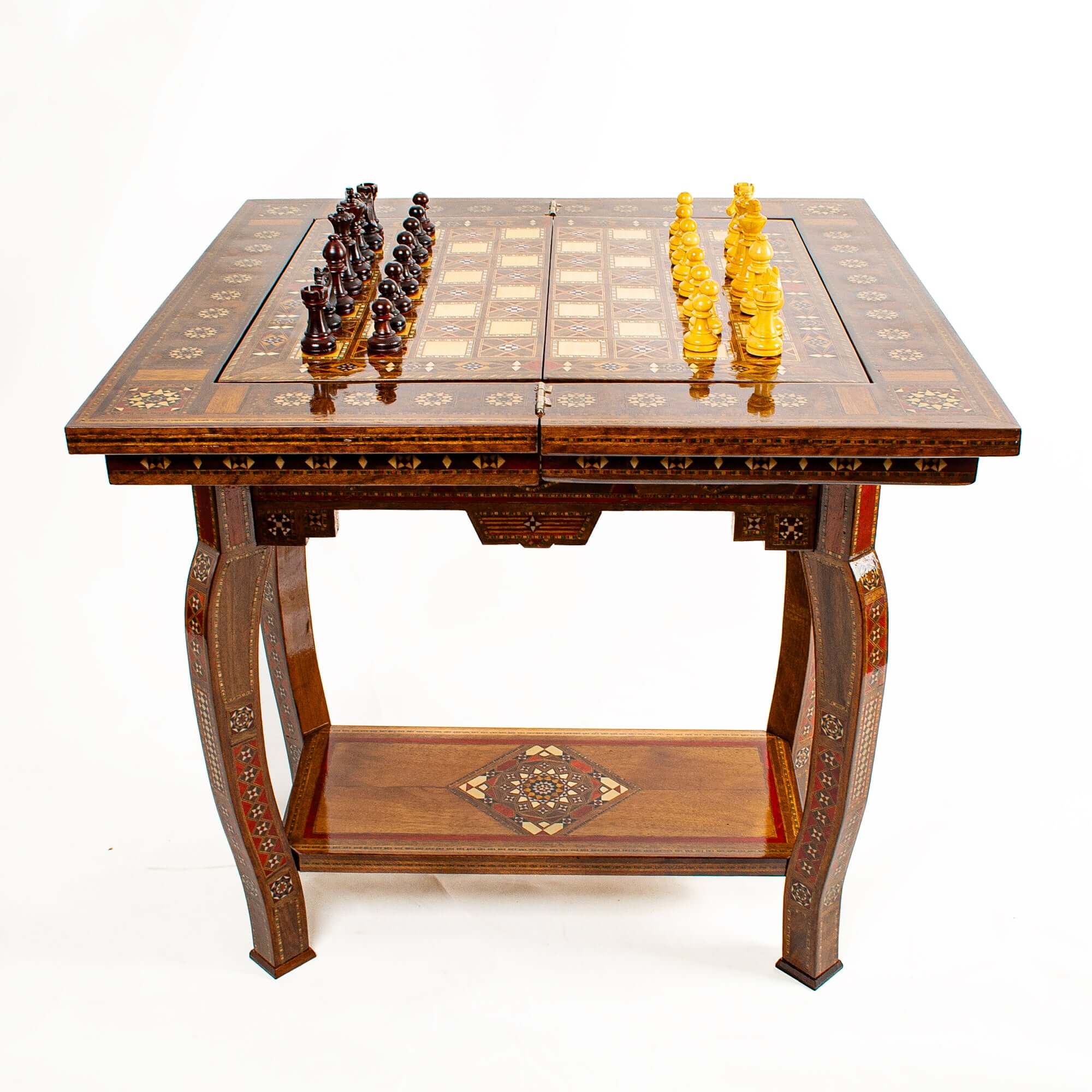

Leave a comment
All comments are moderated before being published.
This site is protected by hCaptcha and the hCaptcha Privacy Policy and Terms of Service apply.